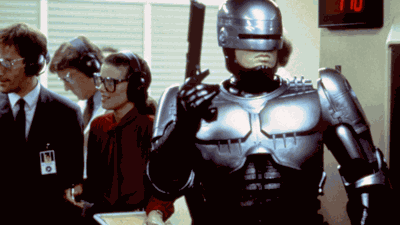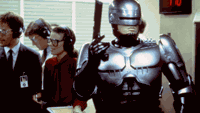![]()
25 actors who quit or were fired from hit film franchises early on
Since the rise of Marvel movies in the 2000s, we've been living in the age of the cinematic universe. Sequels continue to dominate the box office, and the franchise is king. Without counting remakes, six of the 10 highest-grossing films of 2025 are continuations of previously existing IP. We can lament the fact that it's increasingly difficult for original stories to break through, let alone get made in the first place. Alternatively, we can appreciate that many major franchises still produce solidly entertaining films.
Franchises are also led by stars we've come to know and love over the course of years, if not decades. "Mission: Impossible — The Final Reckoning" was a fitting coda to almost 30 years of Tom Cruise's Ethan Hunt, and offered meaningful endings for series mainstays Ving Rhames and Simon Pegg. That same month, "Thunderbolts*" introduced audiences to new faces in the Marvel Cinematic Universe, while showcasing previous faves like Florence Pugh, Sebastian Stan, and David Harbour. Although "The Conjuring: Last Rites" earned mixed reviews from critics, audiences enjoyed spending more time with Patrick Wilson and Vera Farmiga.
Of course, not every actor makes it to the end of their franchise. Often, a salary dispute is at play, as seen when Neve Campbell chose not to return for 2023's "Scream VI." In other cases, actors were simply eager to move on to new projects, as seen with Orlando Bloom and Keira Knightley, who departed the "Pirates of the Caribbean" franchise after the initial trilogy. And sadly, there's no avoiding the realities of a performer's passing, which forced the "Harry Potter" films to replace Dumbledore's actor Richard Harris with Michael Gambon after the second movie.
While most franchises are well-oiled machines that manage to soldier on profitably without their former stars, it's hard not to speculate about what might have been. This is especially true when we're considering actors who left early in a franchise's run. For this list, we're focusing specifically on cast members who walked away or were asked to leave. Of those who left of their own volition, many performers have stood by their choice in the years since. However, it can be a tougher pill to swallow when it comes to those who were fired and replaced.
Using news articles, interviews, and oral histories, Stacker compiled a list of 25 actors from over 50 years of popular movies who were cut from franchises early on. These actors were replaced in either the middle of the first or second movie, after the first or second movie was completed, or never even made it to the first day of the shoot. Read on to uncover the stories behind cast changes in some of the biggest film franchises of all time.
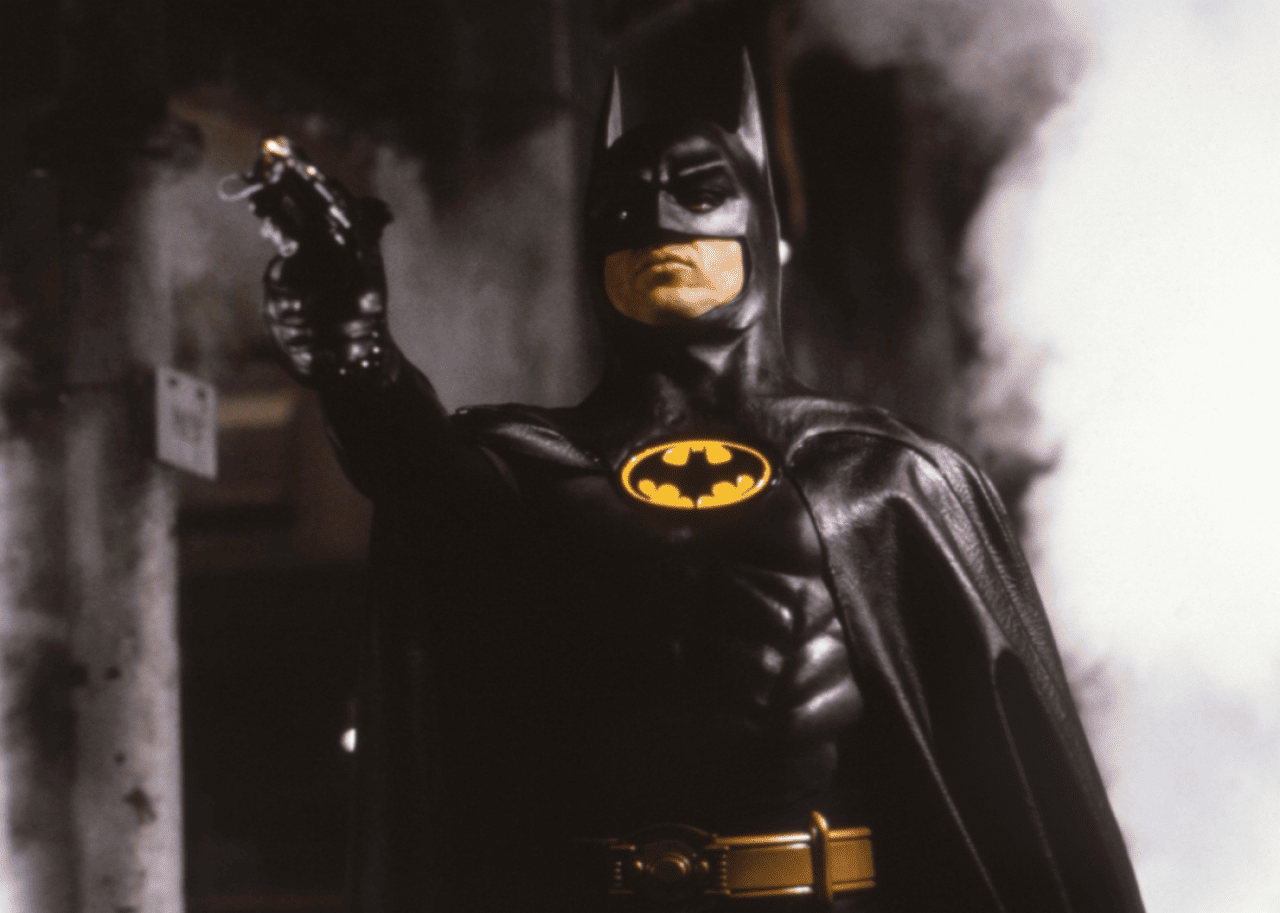
Michael Keaton, 'Batman'
So many actors have slipped on Batman's cowl over the years that it no longer feels notable that Michael Keaton left the film series after appearing in Tim Burton's "Batman" in 1989 and "Batman Returns" in 1992.
While Keaton was offered the title role in the 1995 Joel Schumacher sequel "Batman Forever," he chose to hang up his cape instead. As Keaton recalled in a 2022 episode of The Playlist's "Backstage" podcast, he couldn't match his more somber and grounded perception of Batman with Schumacher's campier vision. He was particularly put off by the director saying, "I don't understand why everything has to be so dark and … sad."
Val Kilmer ended up taking on the role in "Batman Forever," followed by George Clooney in Schumacher's 1997 follow-up "Batman & Robin." Keaton did eventually play Batman again in the 2023 movie "The Flash," as well as the completed but shelved "Batgirl."
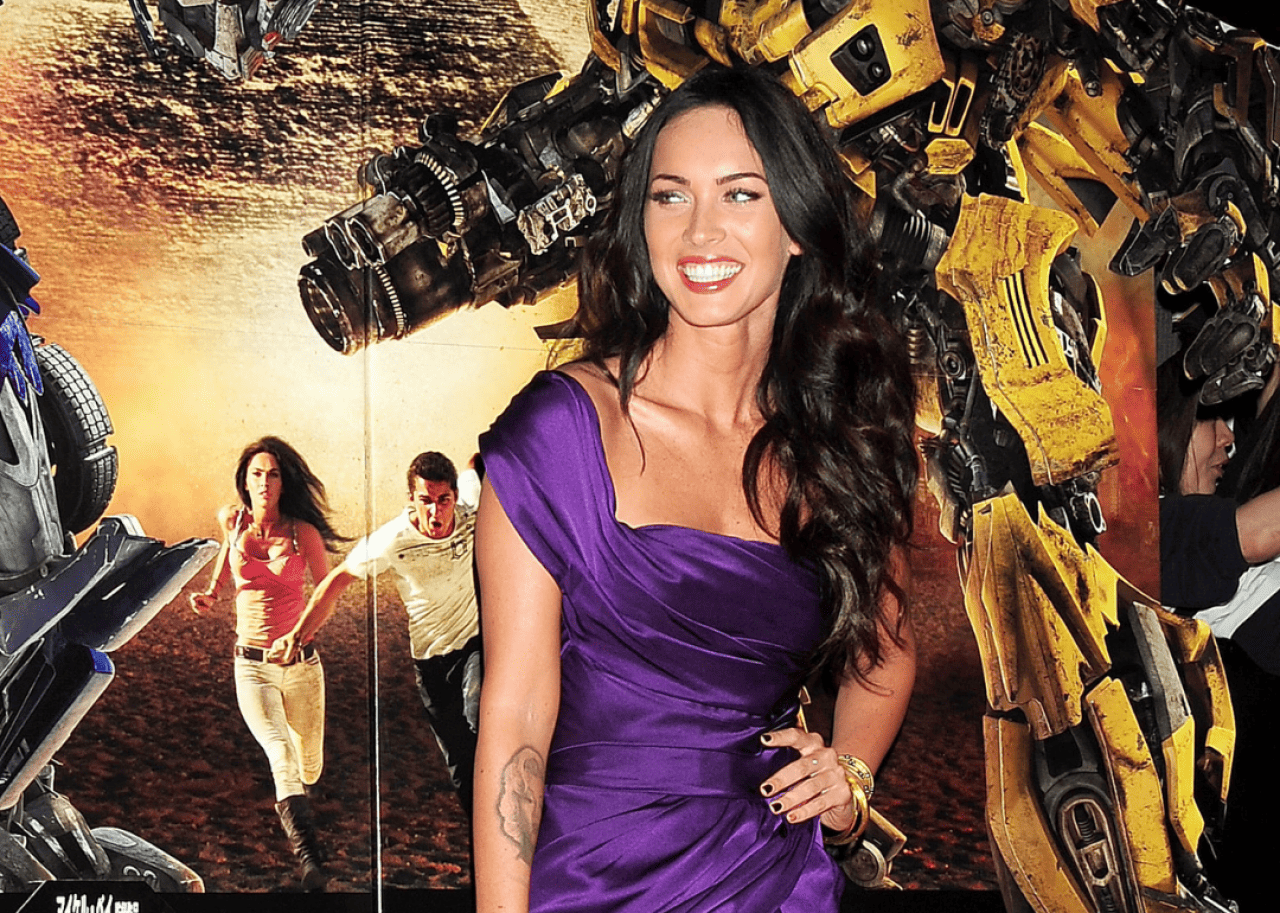
Megan Fox, 'Transformers'
The "Transformers" franchise was a massive success from the jump, with 2007's "Transformers" and 2009's "Transformers: Revenge of the Fallen" earning a combined total of over $1.5 billion. Nevertheless, Megan Fox, who played the female lead Mikaela Banes in the franchise's first two movies, did not return for "Transformers: Dark of the Moon" in 2011. The reasons for her departure are somewhat nebulous. However, sources have attributed it to comments Fox made, calling director Michael Bay a "nightmare to work for" and comparing him to Hitler. Bay told GQ it was producer Steven Spielberg who said to fire her, a fact Spielberg later denied. For her part, Fox claimed it was her choice to leave.
Regardless of who pulled the trigger, Fox never returned to the franchise. In "Transformers: Dark of the Moon," Rosie Huntington-Whiteley joined the cast as a new love interest for Shia LaBeouf's Sam.
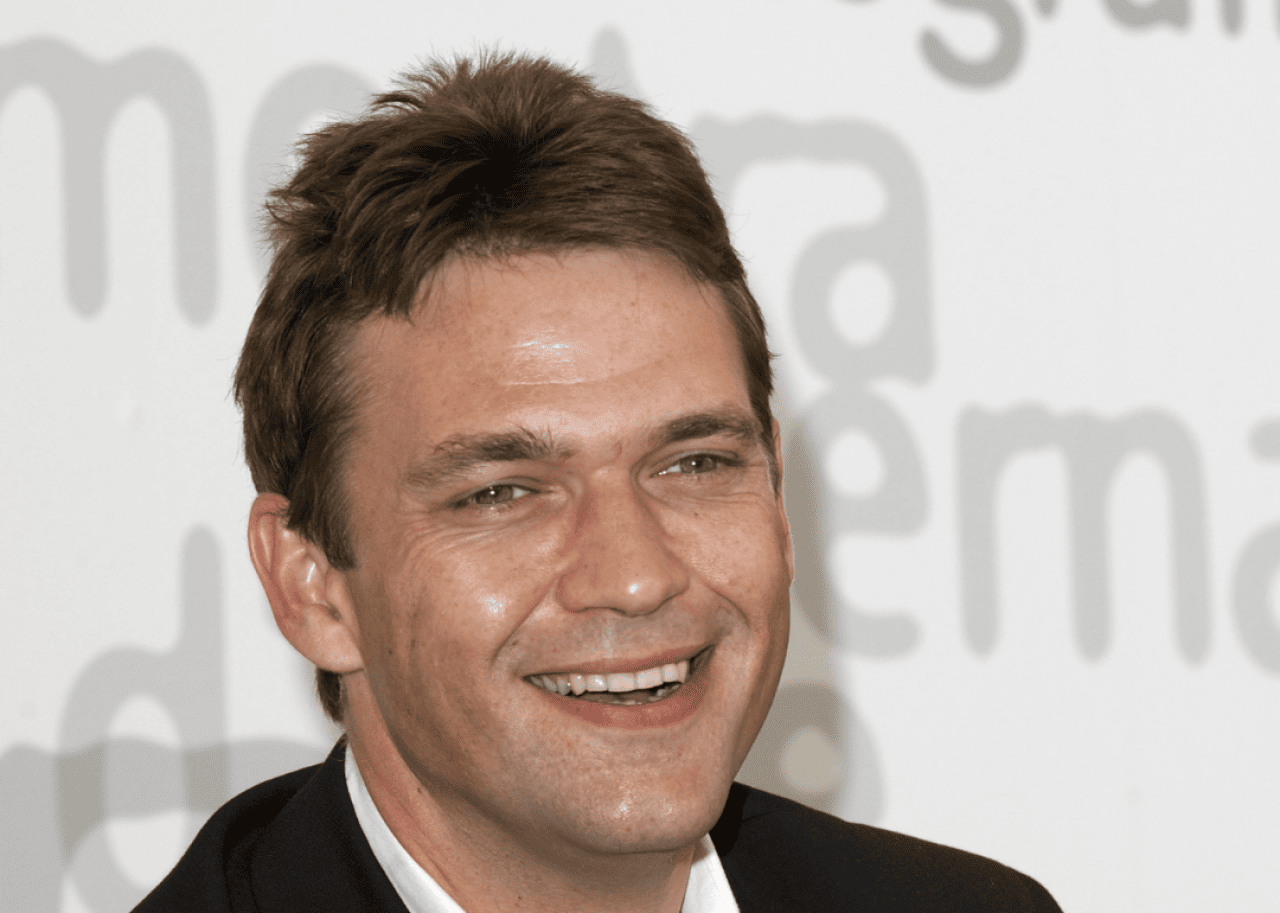
Dougray Scott, 'X-Men'
Henry Cavill's tongue-in-cheek take on the role in 2024's "Deadpool & Wolverine" notwithstanding, it's hard to imagine anyone other than Hugh Jackman playing the role of Wolverine. That said, believe it or not, the part was originally awarded to Dougray Scott. Unfortunately for him, production on "Mission: Impossible 2," in which Scott plays villain Sean Ambrose, went on longer than expected. As a result, the actor wasn't able to leave filming to make "X-Men."
Scott told The Telegraph that "very powerful," "Mission: Impossible" star and producer Tom Cruise kept him from departing. However, it's worth noting that Scott also suffered an injury that would have delayed "X-Men" even further. Ultimately, Scott was replaced by Jackman. The rest is Marvel history.
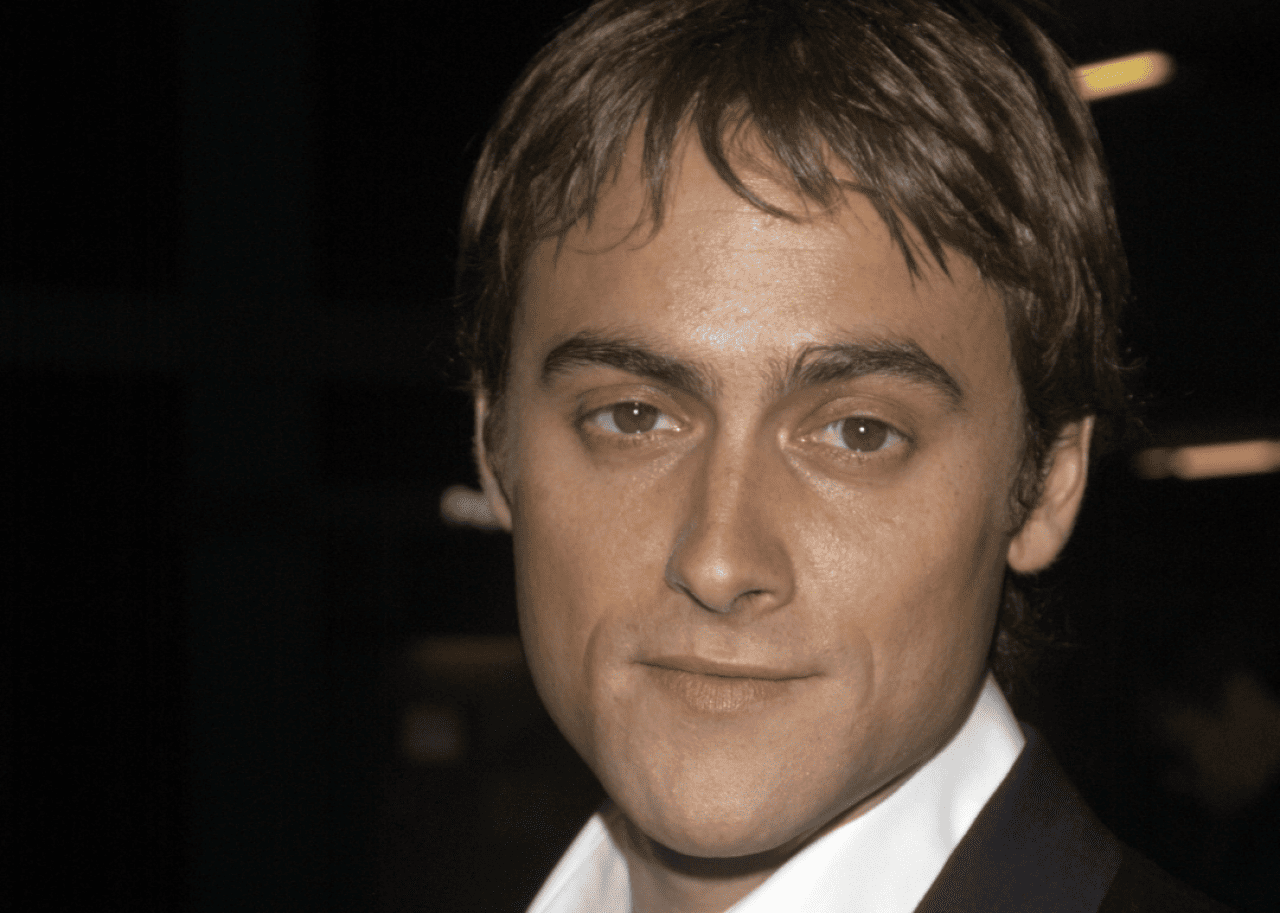
Stuart Townsend, 'The Lord of the Rings'
The way Stuart Townsend tells it, he really put in the work to play Aragorn in 2001's "The Lord of the Rings: The Fellowship of the Ring." As he shared with Entertainment Weekly (via the Irish Independent), Townsend was rehearsing and training for two months, only to be fired the day before filming. "I was told they wouldn't pay me because I was in breach of contract due to not having worked long enough," he said. "I had been having a rough time with them, so I was almost relieved to be leaving until they told me I wouldn't be paid."
Townsend continued: "The director wanted me and then apparently thought better of it because he really wanted someone 20 years older than me and completely different." The 28-year-old actor was indeed replaced by an older performer, 42-year-old Viggo Mortensen, who played Aragorn in all three installments of Peter Jackson's "Lord of the Rings" trilogy, which concluded in 2003.
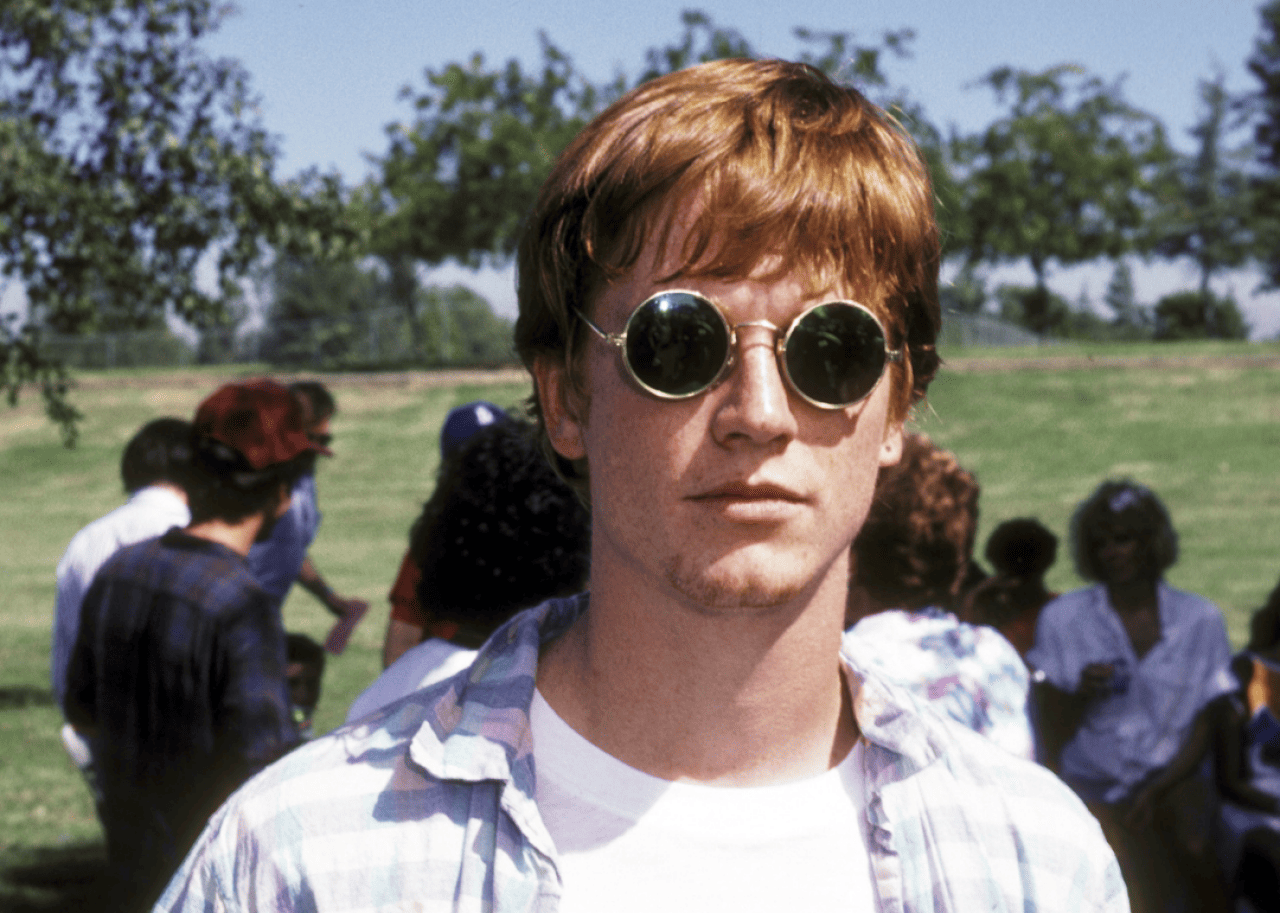
Eric Stoltz, 'Back to the Future'
Sometimes recastings happen even after cameras are rolling. Eric Stoltz had already been filming for a few weeks as Marty McFly until "Back to the Future" director Robert Zemeckis and producer Bob Gale realized he was wrong for the role. As related in the book "We Don't Need Roads: The Making of the Back to the Future Trilogy" (via Vulture), the powers that be determined that Stoltz didn't have the right comedic energy for the part.
"Eric had such an intensity," star Lea Thompson told author Caseen Gaines. "He saw drama in things. He wasn't really a comedian, and they needed a comedian. He's super-funny in real life, but he didn't approach his work like that, and they really needed somebody who had those chops."
Stoltz was replaced by Michael J. Fox, which meant reshooting weeks of footage. In the end, the 1985 film was a hit, spawning the sequels "Back to the Future Part II" in 1989 and "Back to the Future Part III" in 1990.
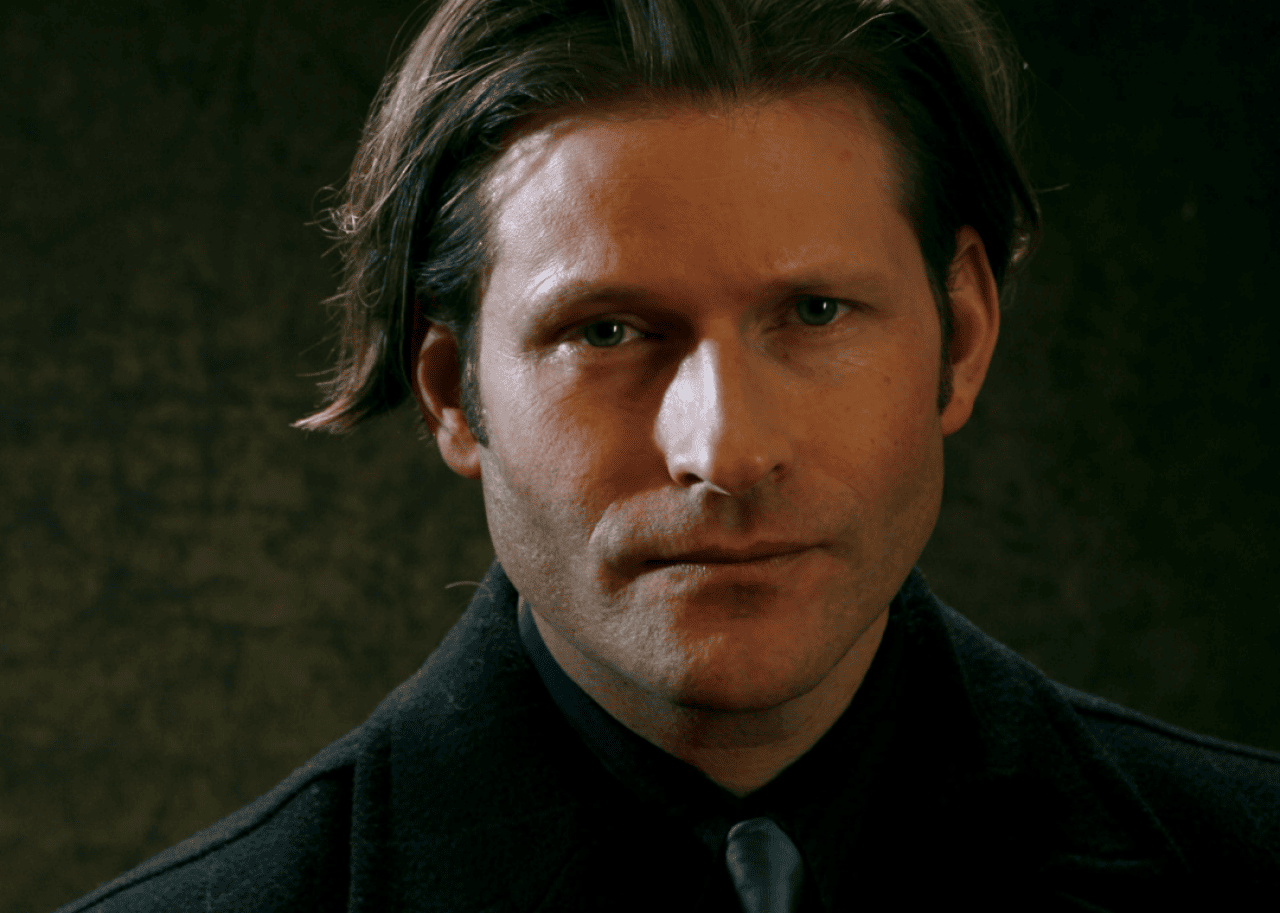
Crispin Glover, 'Back to the Future'
Unlike Eric Stoltz, Crispin Glover did make it into the final cut of the first "Back to the Future." That said, he did not reprise his role as George McFly in "Back to the Future Part II." There is some disagreement over why he left, with Glover stating in a 2012 interview with The A.V. Club that he was uncomfortable with the original movie's ending, which caused a long-standing rift with director Robert Zemeckis. Meanwhile, producer Bob Gale claims that Glover, dissatisfied with the sequel's script, demanded an additional $1 million that production refused to pay.
Replacing Glover turned out to be extra costly. "Back to the Future Part II" didn't just recast the role of George McFly; the film put actor Jeffrey Weissman in facial prosthetics to make him resemble his predecessor. Glover sued Universal, and the studio agreed to settle, reportedly for $760,000. The case set an important precedent, with the Screen Actors Guild now including specific language in contracts that limit how films can reuse an actor's likeness.
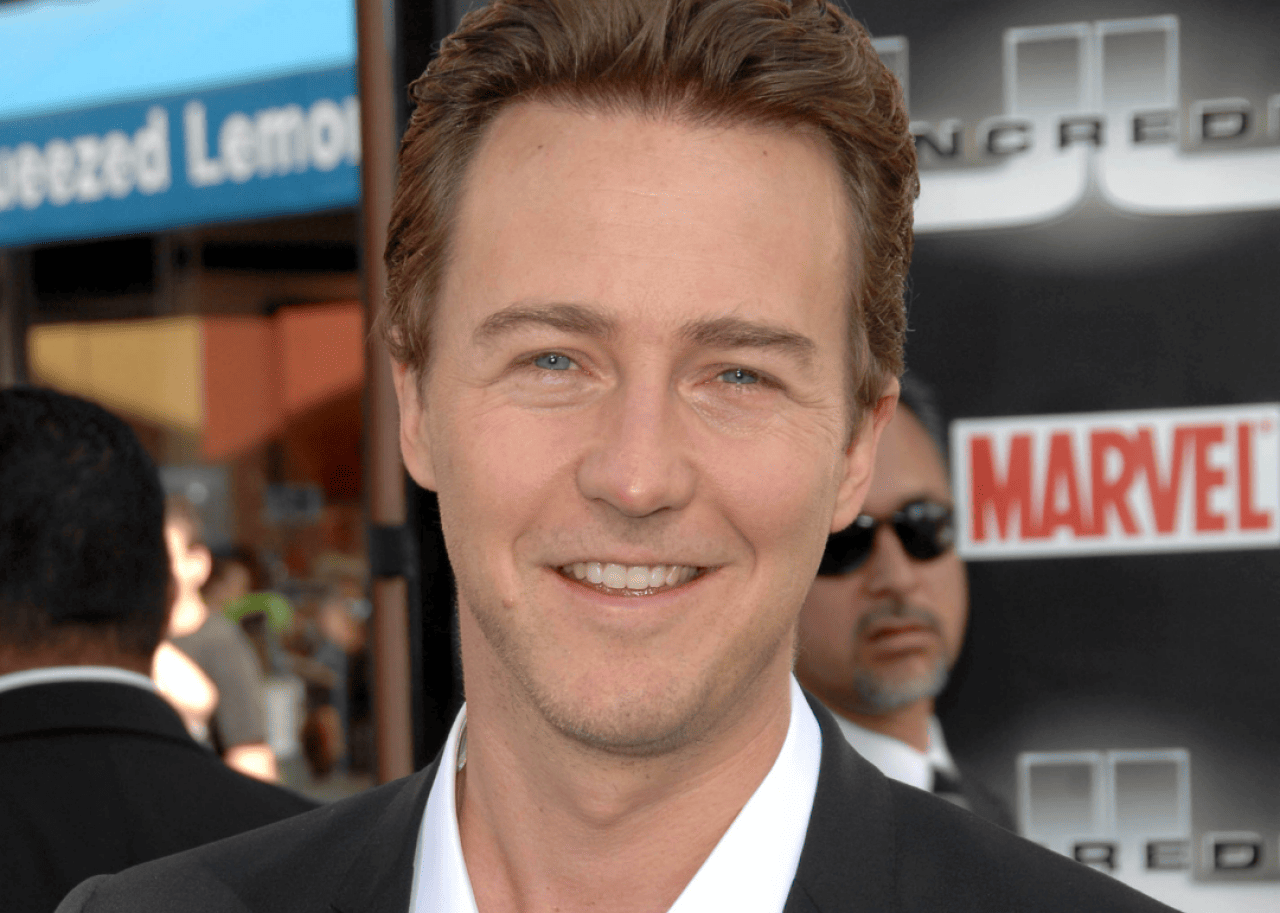
Edward Norton, Marvel Cinematic Universe
At this point, the Marvel Cinematic Universe has spawned numerous films and TV series, resulting in several notable recastings. One of the earliest and most significant is the replacement of Edward Norton, who played the title role in 2008's "The Incredible Hulk." The actor did not reappear in 2012's "The Avengers," which marked the debut of Mark Ruffalo as Bruce Banner, a role he has played ever since.
The reasons for Norton's departure are, as is so often the case, slightly unclear. That said, there were rumblings of discord behind the scenes, with "The Incredible Hulk" director Louis Leterrier suggesting Norton was unhappy with the final cut of the movie. A 2010 statement from Marvel Studios head Kevin Feige certainly implied tension: "Our decision is definitely not one based on monetary factors, but instead rooted in the need for an actor who embodies the creativity and collaborative spirit of our other talented cast members," he said at the time. "'The Avengers' demands players who thrive working as part of an ensemble."
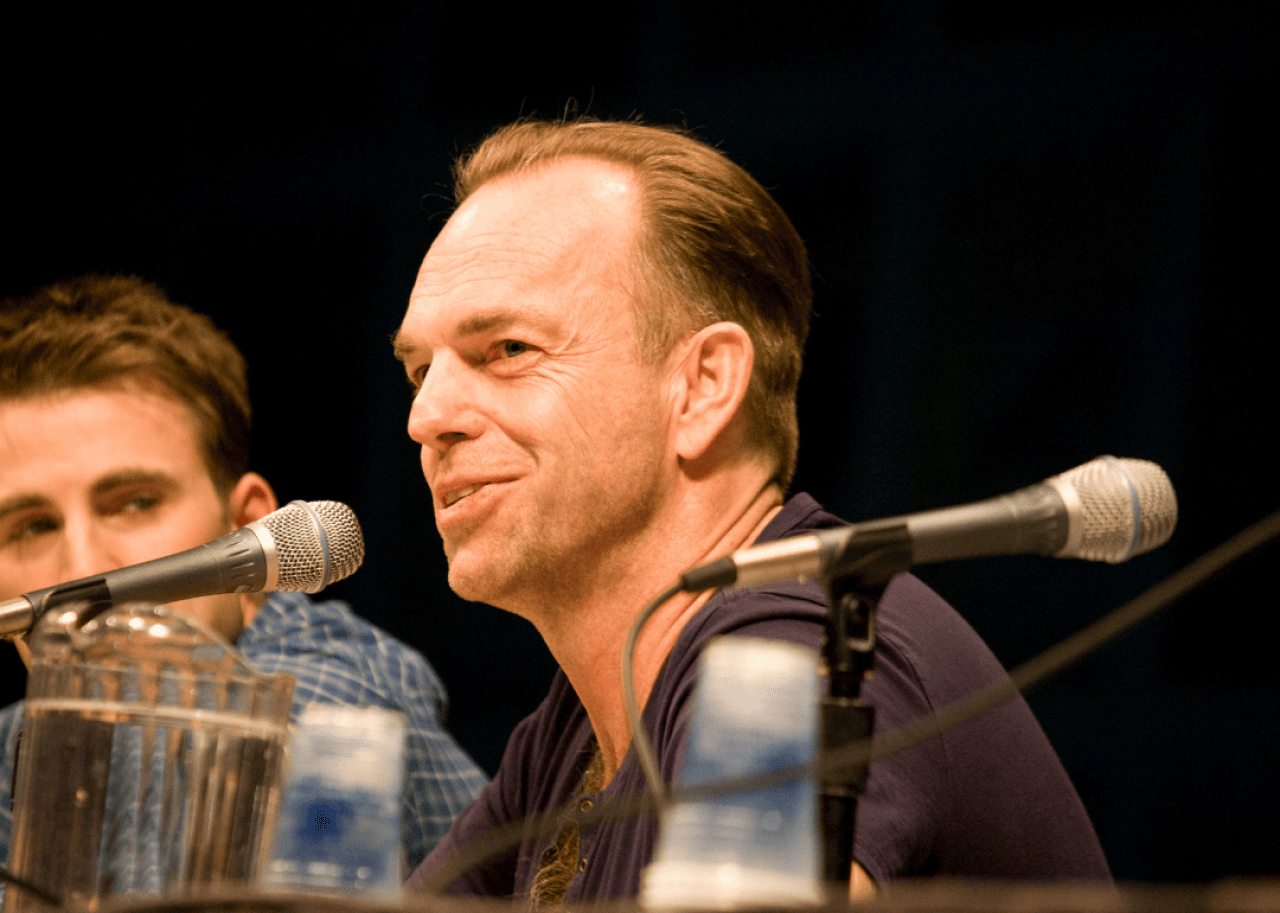
Hugo Weaving, Marvel Cinematic Universe
Though certainly not as central to the MCU as Bruce Banner, Hugo Weaving's villainous Red Skull certainly made an early impression in 2011's "Captain America: The First Avenger." However, when the character returned in 2018's "Avengers: Infinity War" and 2019's "Avengers: Endgame," he was played by Ross Marquand. According to Weaving, it was a salary dispute that kept him from returning to the role.
"They'd pushed back on the contracts that we agreed on, and so the money they offered me for 'The Avengers' was much less than I got for the very first one, and this was for two films," he told Time Out in a 2020 interview. "They said, 'It's just a voice job, it's not a big deal.' I actually found negotiating with them through my agent impossible. And I didn't really wanna do it that much. But I would have done it."
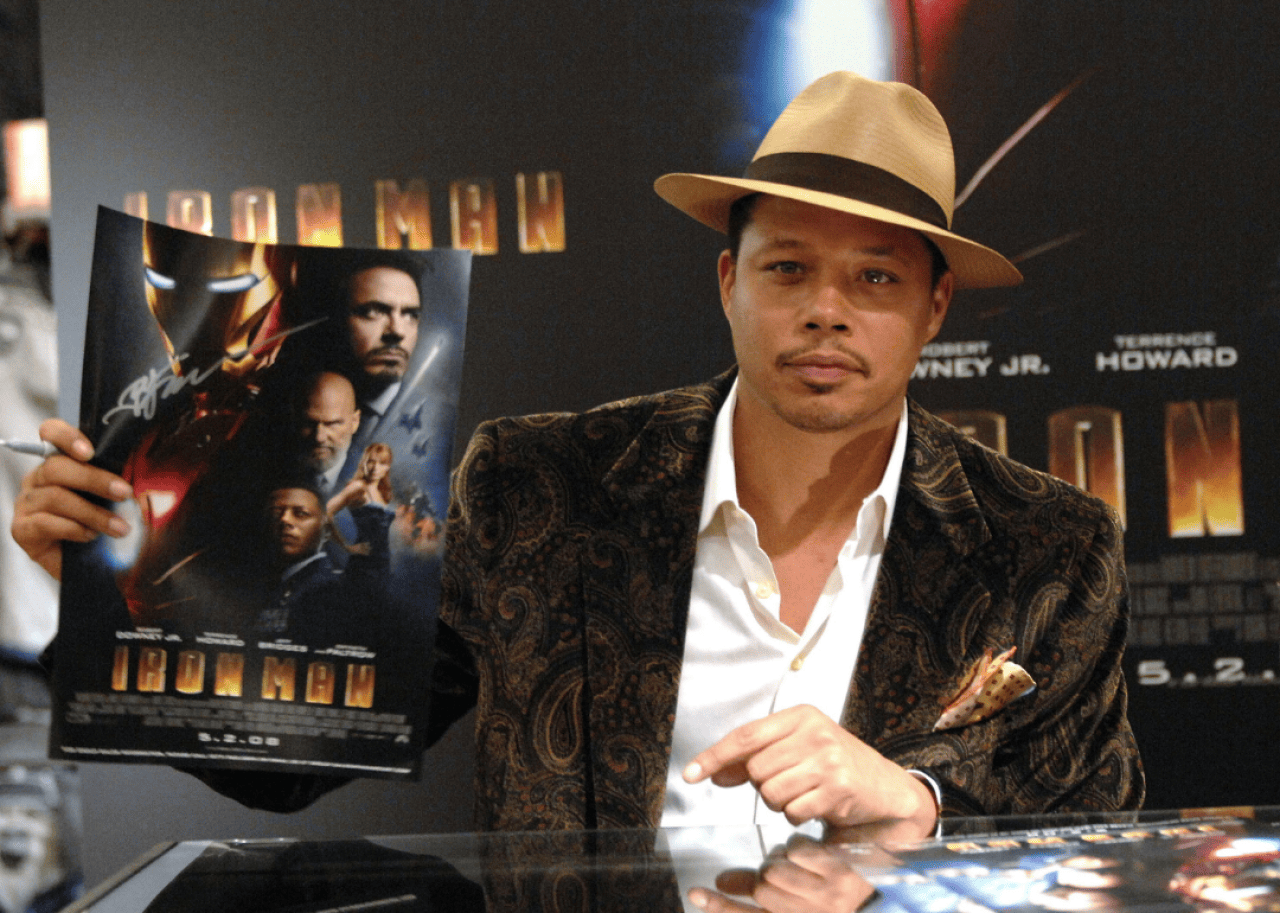
Terrence Howard, Marvel Cinematic Universe
Like the previous Marvel entries on this list, Terrence Howard was present at the beginning of the MCU, appearing as James "Rhodey" Rhodes in "Iron Man," the movie that launched the franchise in 2008. However, two years later, Howard was replaced in "Iron Man 2" by Don Cheadle, who has played the character in multiple films and TV series since. Once again, the culprit here was a salary dispute.
In a 2013 appearance on Bravo's "Watch What Happens Live" (via Comic Book Resources), Howard claimed that his salary had been reduced to allow for star Robert Downey Jr. to make a bigger [paycheck]. "It turns out that the person that I helped become Iron Man, when it was time to re-up for the second one, took the money that was supposed to go to me and pushed me out," he said.
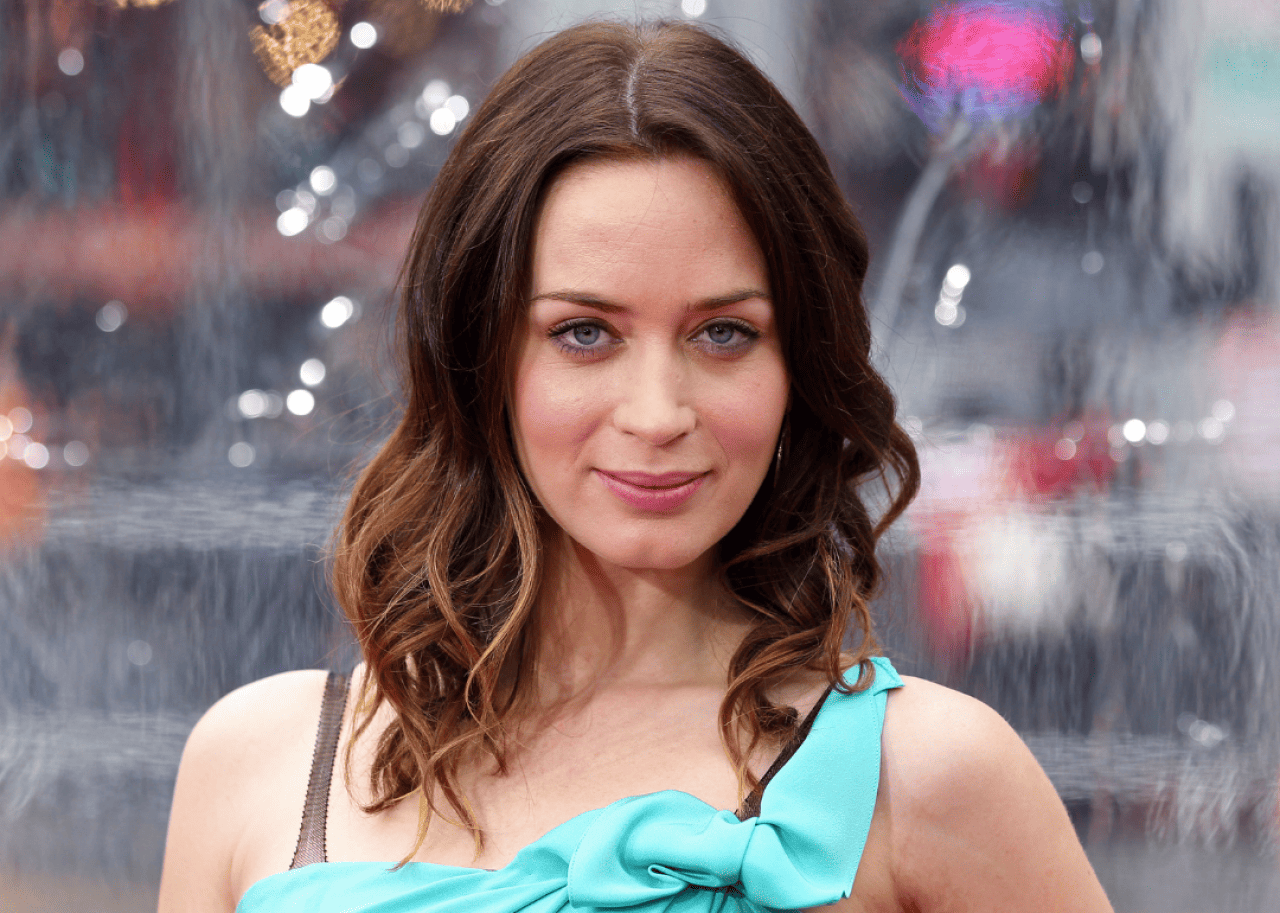
Emily Blunt, Marvel Cinematic Universe
Black Widow has become a defining role for Scarlett Johansson, who first played the character in "Iron Man 2." But did you know the part originally went to Emily Blunt? She was forced to step away thanks to a commitment to a different (and highly forgettable) 2010 film, the Jack Black-led "Gulliver's Travels."
"I didn't want to do 'Gulliver's Travels,'" Blunt admitted in a 2021 appearance on "The Howard Stern Show" (via E! Online). "It was a bit of a heartbreaker for me, because I take such pride in the decisions that I make, and it…they mean so much to me, the films that I do. So that was tough."
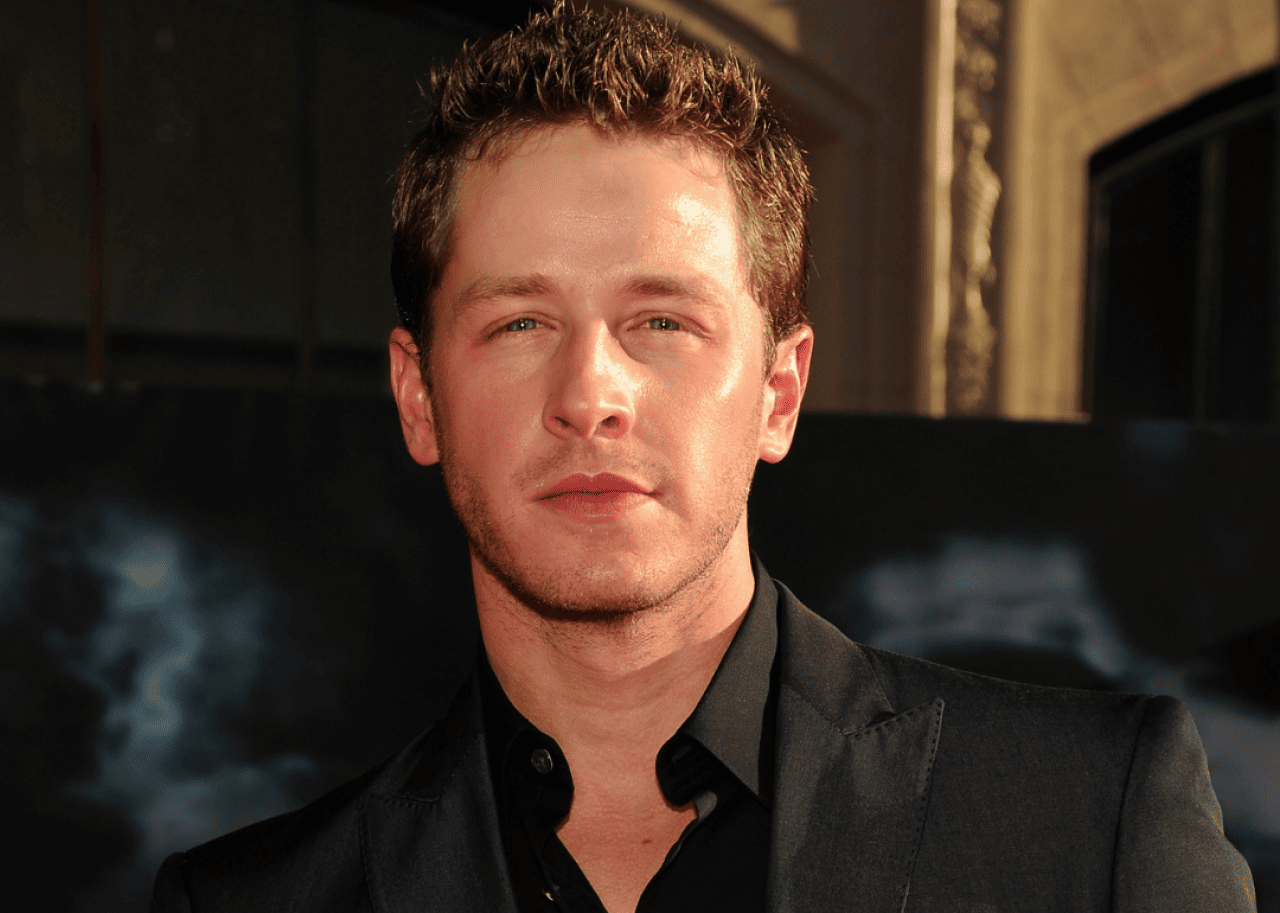
Josh Dallas, Marvel Cinematic Universe
Josh Dallas' part in the first "Thor" movie is so small that you might not even remember him. He played Fandral in the 2011 film, but it was tough to stand out alongside Jaimie Alexander's Lady Sif. "Thor" turned out to be Dallas' only MCU entry, as he was replaced by Zachary Levi in 2013's "Thor: The Dark World" and 2017's "Thor: Ragnarok."
As with Blunt, a scheduling conflict forced Dallas to drop out. "Of course, there was disappointment there," Dallas told Digital Spy. "But unfortunately flying from the 'Once Upon a Time' set in Vancouver to London, where the second one was shot, [would have] just made my head explode."
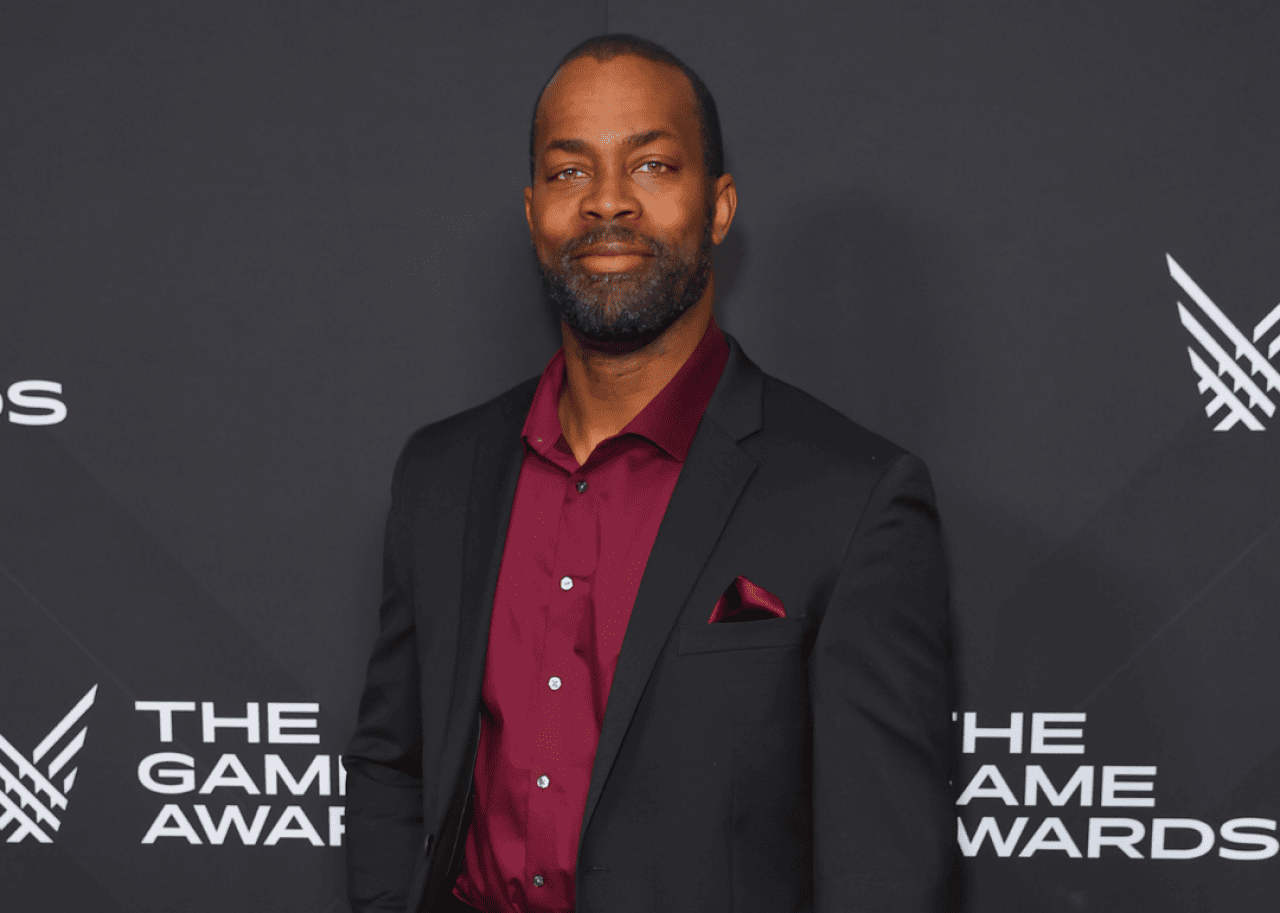
Damion Poitier, Marvel Cinematic Universe
In some cases, recasting occurs when a role is beefed up and the studio wants a bigger name on the marquee. That's what happened with the character of Thanos, the Big Bad in the MCU up to and including "Avengers: Endgame." When the villain first appeared in the post-credits sequence of "The Avengers," he was played by Damion Poitier, who said he would have loved the opportunity to return to the franchise.
Unfortunately, starting with "Guardians of the Galaxy" in 2014, Thanos was played by Josh Brolin in a motion-capture performance. There has never been an official explanation for the swap. But given Poitier's interest in continuing and Brolin's name recognition, it seems likely that the recasting came down to the studio wanting a big-name star in the part.
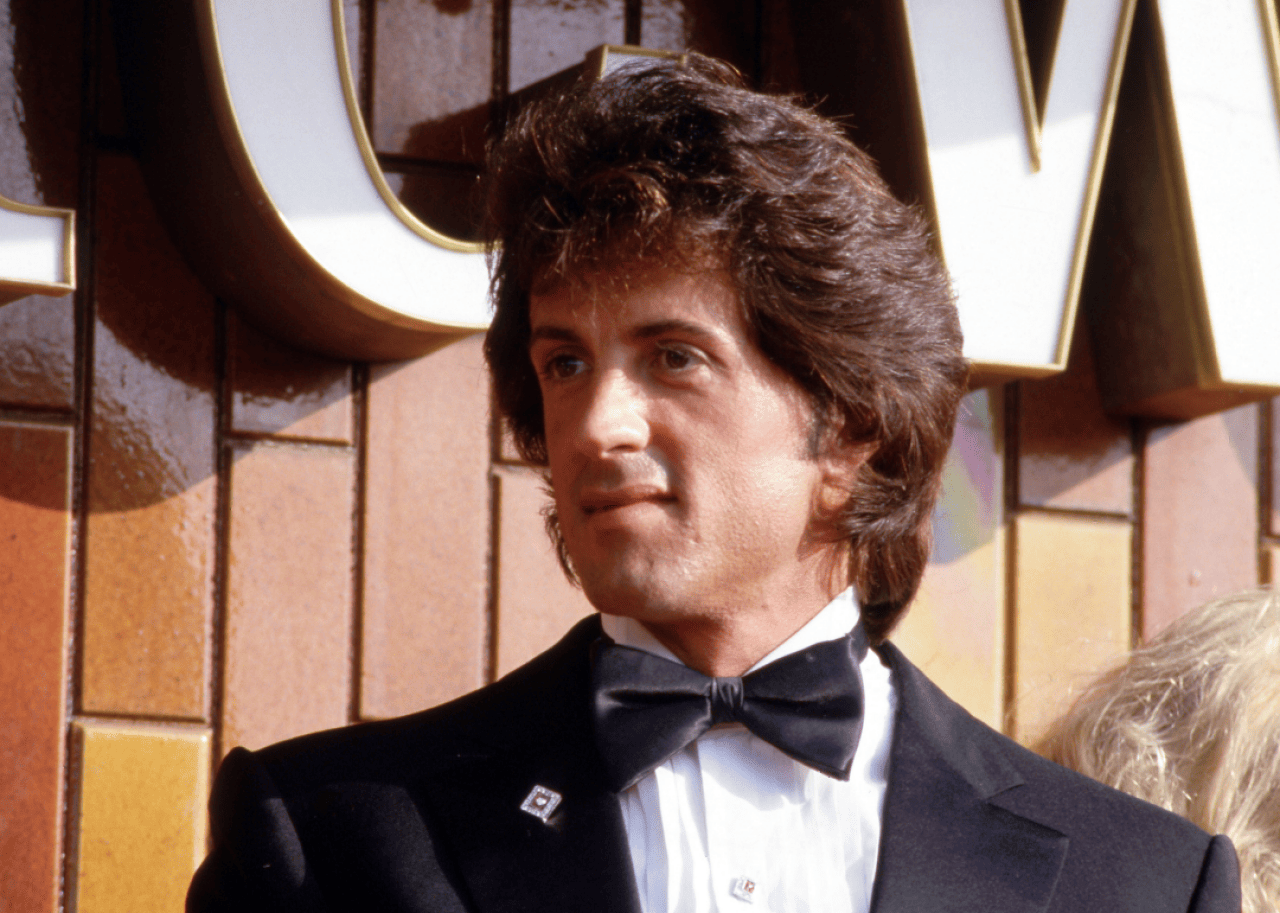
Sylvester Stallone, 'Beverly Hills Cop'
In a 2023 interview with Variety, "Beverly Hills Cop" director Martin Brest revealed that when he signed onto the project, it wasn't Eddie Murphy attached to play Axel Foley. Rather, it was a very different actor, Sylvester Stallone, who had also co-written the script. "My conception of it at the time was to do something with Stallone that nobody had ever seen before. It had some comedic elements by virtue of the fish out of water, but he wrote this thing that was a straight-out action drama," Brest recalled. "That's not what the studio really was looking to do, so he went off and he took that script and it became 'Cobra.' So we wound up getting Eddie Murphy a few weeks before shooting."
Of course, Murphy's performance as Axel Foley in the 1984 film made the character iconic. Murphy went on to reprise the role in three more movies, most recently 2024's "Beverly Hills Cop: Axel F."
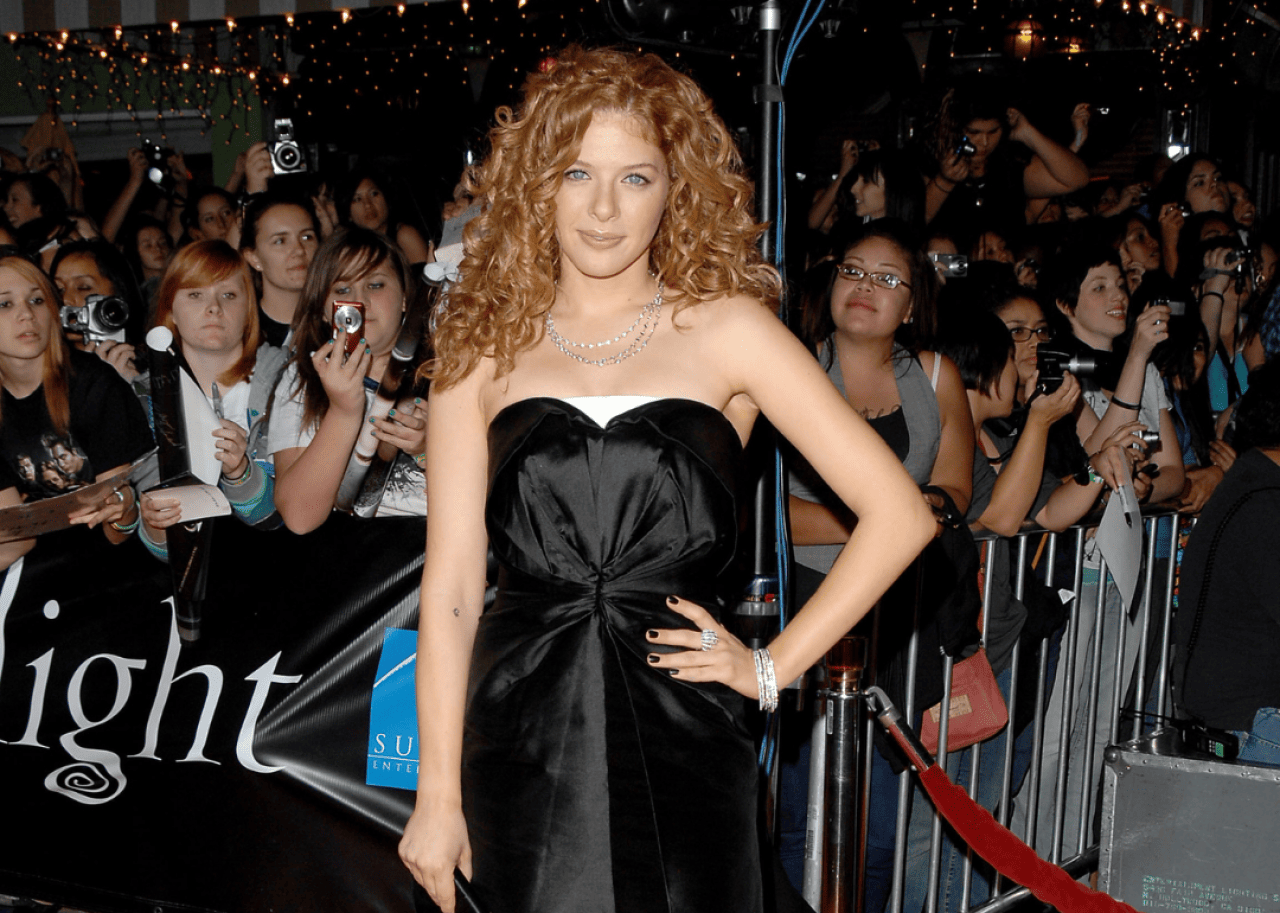
Rachelle Lefevre, 'Twilight'
Rachelle Lefevre played Victoria in 2008's "Twilight" and its 2009 sequel, "The Twilight Saga: New Moon." But Bryce Dallas Howard donned the vampire's fiery red locks in "The Twilight Saga: Eclipse" the following year. "I am greatly saddened that I will not get to complete my portrayal of Victoria for the 'Twilight' audience," Lefevre said in a statement to Entertainment Weekly at the time, explaining that the studio would not accommodate her 10-day shoot of the indie film "Barney's Version."
In a 2013 interview with BuzzFeed, Lefevre confirmed that she was "devastated" by the recasting. "I took a job I was completely allowed to take on my free time, my legal free time," she said. "They changed their schedule, they fired me. That's what happened."
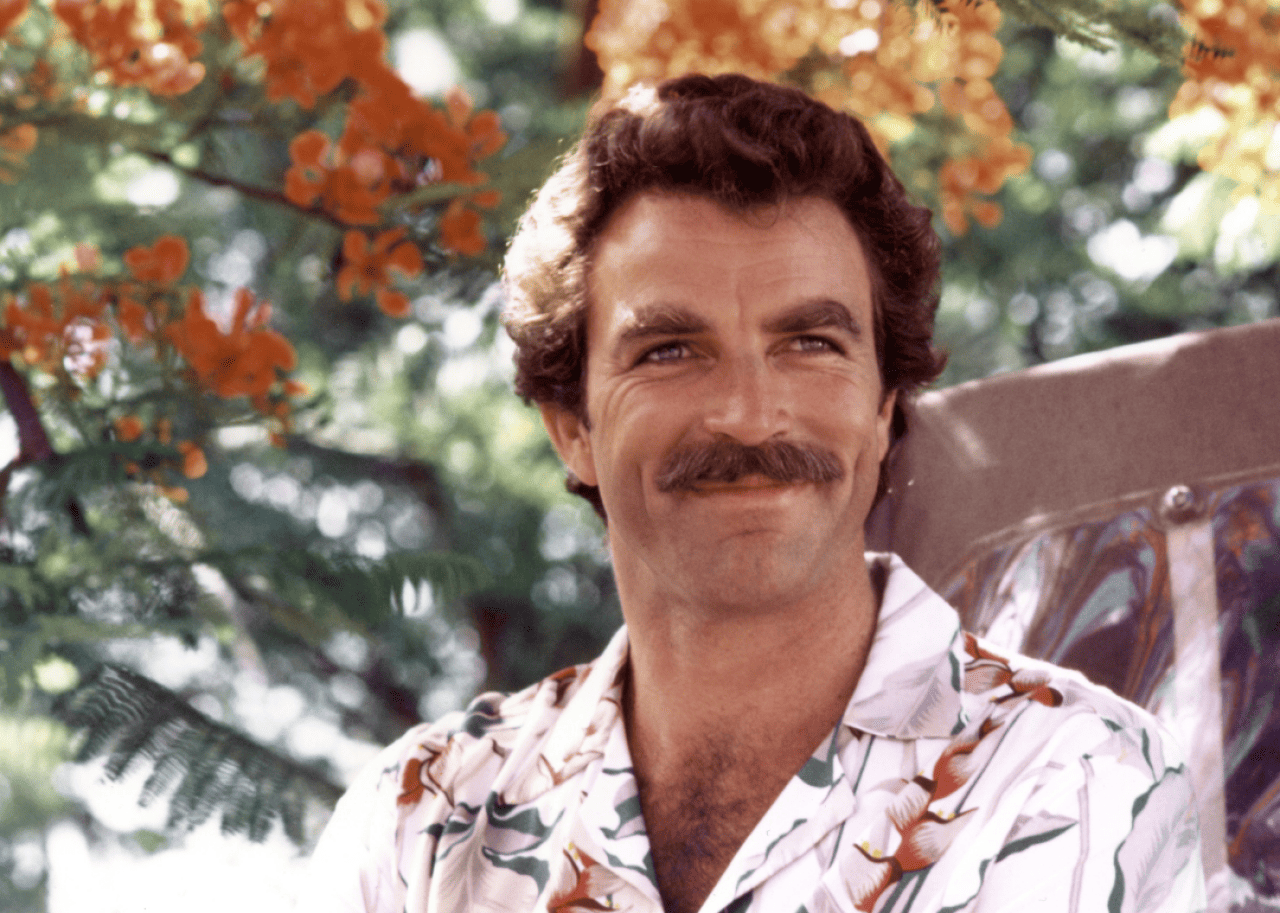
Tom Selleck, 'Indiana Jones'
Indiana Jones is just one of Harrison Ford's iconic characters. That said, while it may be difficult to imagine, Steven Spielberg's classic series could have looked quite different. Tom Selleck was offered the part and even screen-tested for it. Ultimately, as he's explained in interviews over the years, his commitment to the series "Magnum, P.I." forced him to hang up Indy's fedora. While it's certainly a consolation that Magnum ended up being a defining role for Selleck, at the time, he had hoped to do both.
"I was offered the role and wanted it, but I had done a pilot of 'Magnum.' And Steven Spielberg and George Lucas kept the offer out to me," he told Today in 2024. "They said, 'We'll work it out and you can do both.' And the more they wanted me, the more CBS said, 'No, we don't want to let him do it.'"
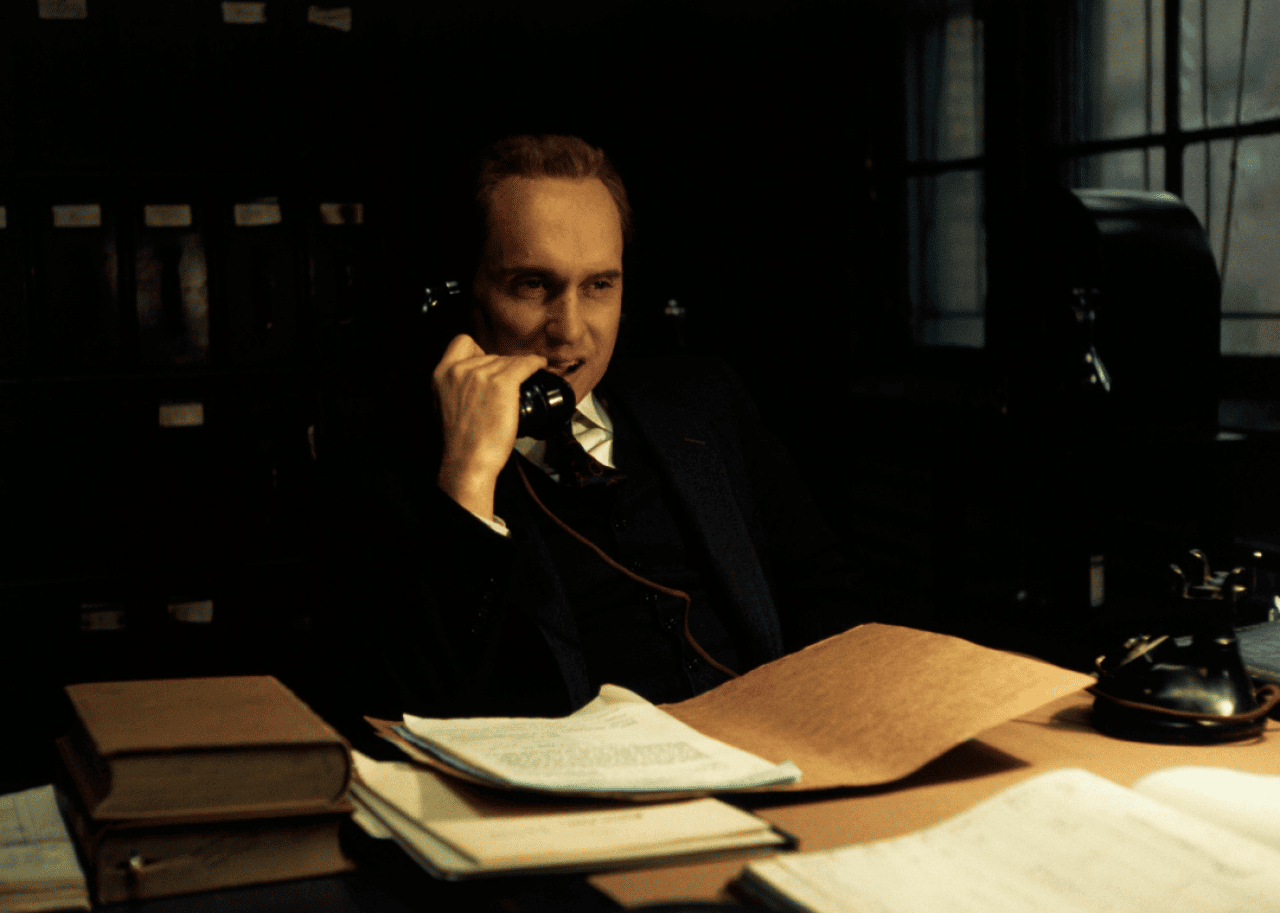
Robert Duvall, 'The Godfather'
Though not a blood relative of the Corleones, Robert Duvall's consigliere, Tom Hagen, was an essential part of the infamous crime family in 1972's "The Godfather" and 1974's "The Godfather: Part II." When it came time to make the concluding entry of the trilogy, 1990's "The Godfather Part III," Tom was said to have died off-screen. The reason, according to Francis Ford Coppola's DVD commentary on the film (via ScreenRant), is that Duvall wanted more money than the studio was willing to provide.
In a 2004 "60 Minutes" interview, the actor confirmed that his departure from the acclaimed series was largely due to his salary. "I said I would work easily if they paid [Al] Pacino twice what they paid me, that's fine," he explained. "But not three or four times, which is what they did." Instead of recasting, Coppola created a new character, B.J. Harrison, played by George Hamilton, who filled a similar role.
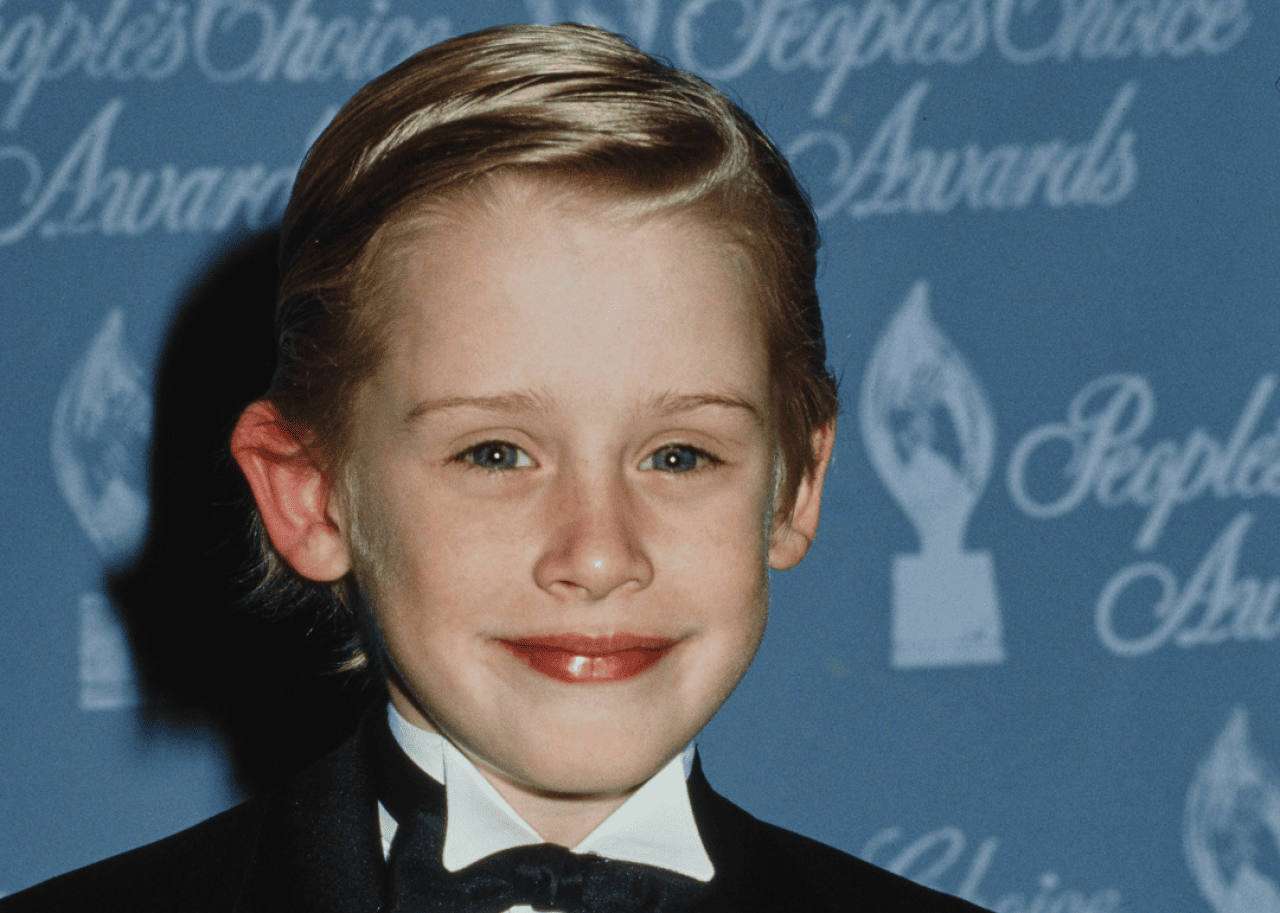
Macaulay Culkin, 'Home Alone'
One of the most famous and successful child stars of all time, Macaulay Culkin had his breakout performance in the 1990 classic "Home Alone" and its 1992 sequel "Home Alone: Lost in New York." Another sequel was planned with a teenage Kevin McCallister, but Culkin decided to step away from acting. As a result, 1997's "Home Alone 3" follows a new character, Alex, played by Alex D. Linz. Critics were unimpressed, to put it mildly.
There were three additional "Home Alone" sequels, one of which, 2002's "Home Alone 4," brought Kevin back, this time played by Mike Weinberg. Culkin has returned to acting in more recent years, with roles on "American Horror Story," "The Righteous Gemstones," and the upcoming season of "Fallout."
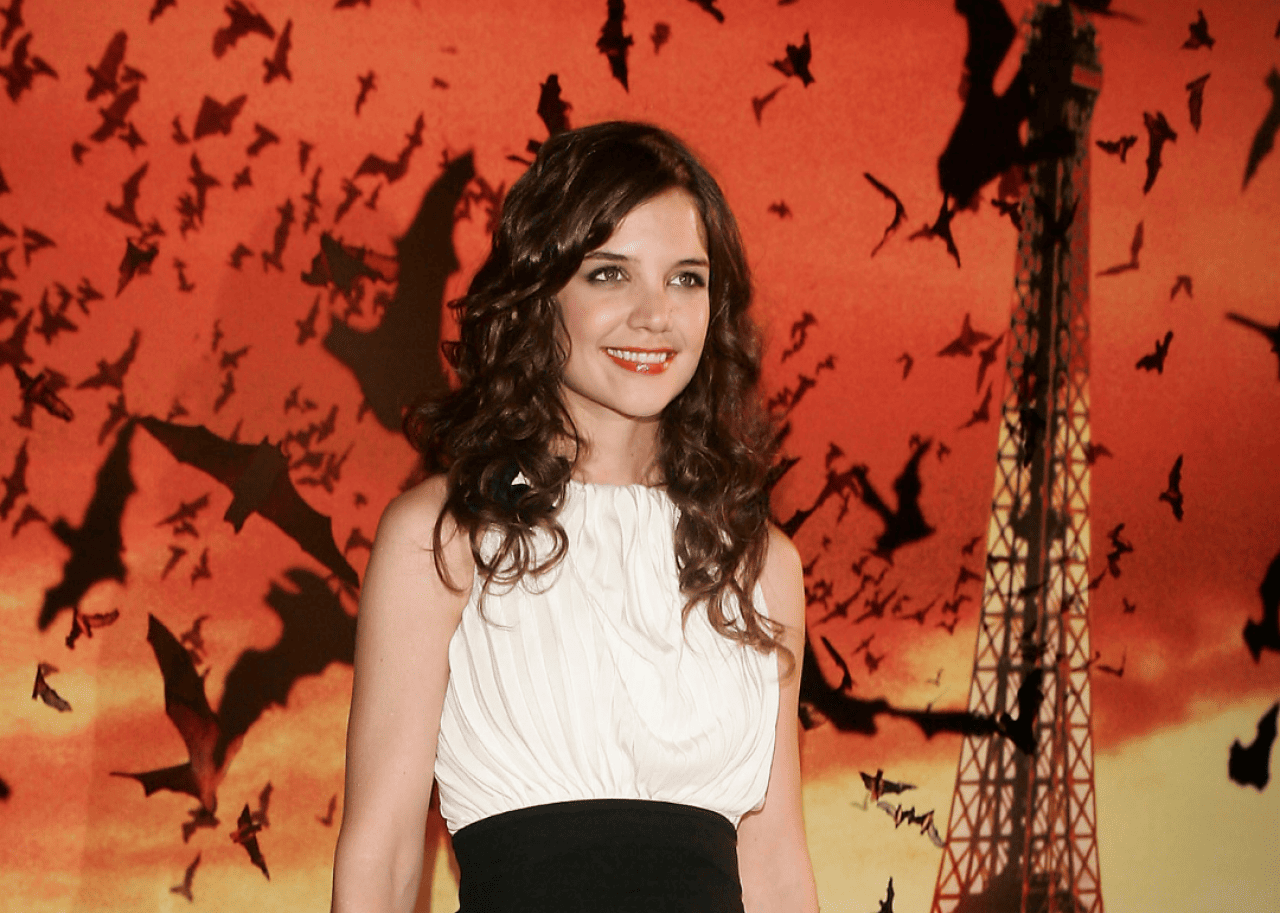
Katie Holmes, 'The Dark Knight'
We've already talked about Batman replacements, but the Caped Crusader isn't the only Gotham City resident to be recast between films. Katie Holmes, who played Gotham City's ADA and Bruce Wayne's love interest, Rachel Dawes, in 2005's "Batman Begins," did not reprise the role in the 2008 sequel, "The Dark Knight." In this case, there was no behind-the-scenes drama. Holmes walked away from the part to pursue other projects, namely making "Mad Money." Maggie Gyllenhaal took over as Rachel.
"I really enjoyed working on the first one, and I wish I could have worked with Chris Nolan again, and I hope to work with him again," Holmes told Business Insider in 2016. "It was a decision that I made at that time, and it was right for me at that moment, so I don't have any regrets. I think that Maggie did a wonderful job. But I really hope that I get to work with Chris someday."
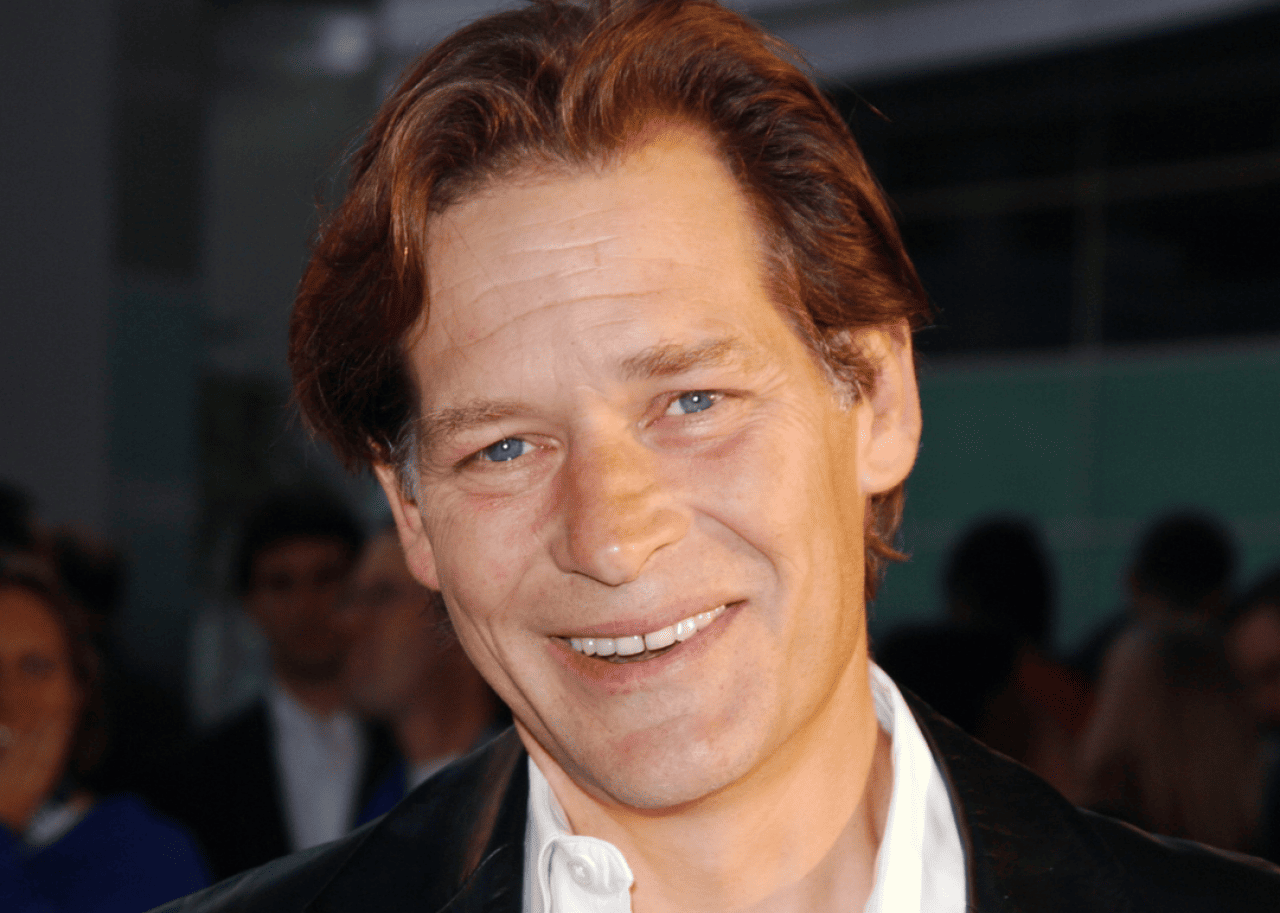
James Remar, 'Alien'
As with another actor on this list, James Remar had already started shooting James Cameron's 1986 sequel "Aliens" when he was fired. Originally cast as Hicks, Remar was replaced after about a month of filming, a story he related on the Netflix series "The Movies That Made Us." While he has pointed to a couple of different incidents that may have led to his dismissal, the underlying problem was drug addiction, which led to his arrest. Michael Biehn took over the role, and scenes featuring Remar were reshot.
"I had a terrible drug problem, but I got through it," Remar said in a podcast appearance. "I had a great career and personal life, and messed it up with a terrible drug habit."
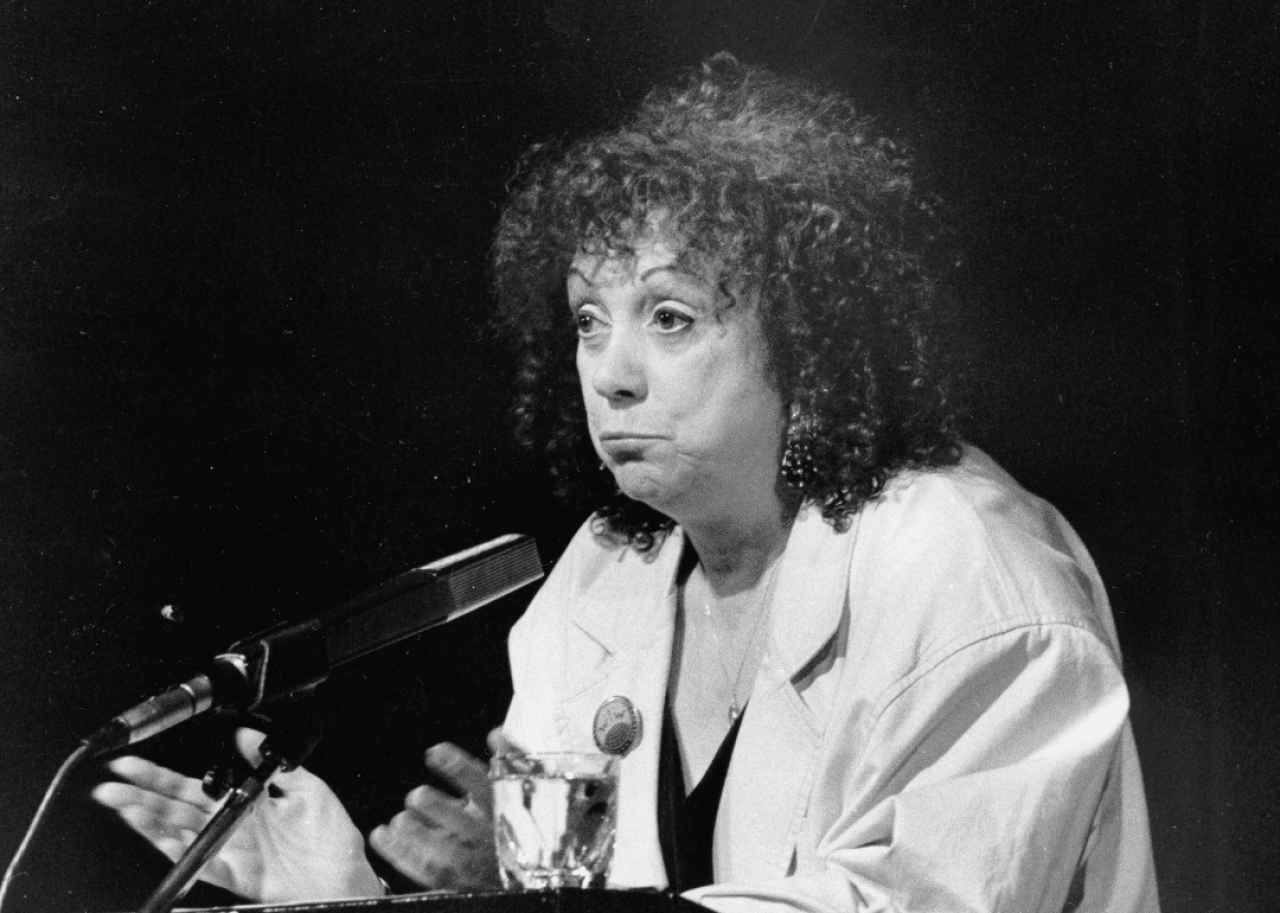
Judith Malina, 'The Addams Family'
The role of Grandmama has been played by multiple actors over the years, most recently Joanna Lumley on Netflix's "Wednesday." However, one notable casting change occurred between "The Addams Family" in 1991 and "Addams Family Values" in 1993. While Judith Malina had the part in the initial film, Carol Kane took over for the sequel because the role had become more physically demanding, and producers wanted a younger actor in the part.
Over the years, rumors have circulated about behind-the-scenes strife during the filming of the first "Addams Family," which took place during the Gulf War. A staunch anti-war activist, Malina made a comment about burning the American flag that she claimed led to her ostracization on set.
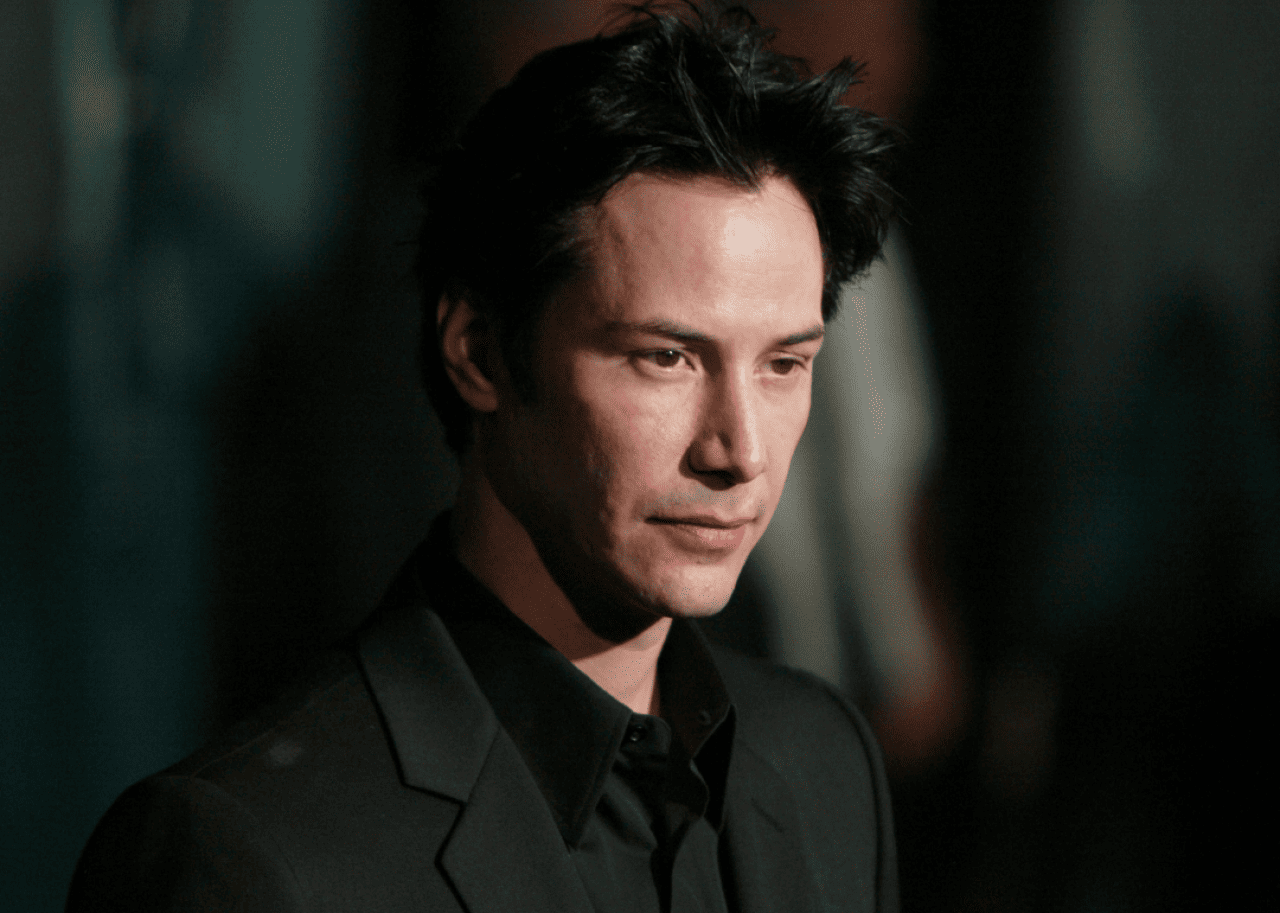
Keanu Reeves, 'Speed'
"Speed" was such a massive hit in 1994 that there was no question the movie would become a franchise, ideally led by original stars Keanu Reeves and Sandra Bullock. However, when the sequel "Speed 2: Cruise Control" rolled around in 1997, Bullock's Annie had a new love interest in the form of Jason Patric's Alex Shaw. Over the years, Reeves has made it clear that he simply didn't like the script.
"I really wanted to work with Sandra Bullock, I loved playing Jack Traven, and I loved 'Speed,' but an ocean liner?" he said in a 2021 appearance on "The Graham Norton Show." "I had nothing against the artists involved, but at that time I had the feeling it just wasn't right." Reeves' instincts turned out to be correct: "Speed 2" has found its way onto lists of the biggest box-office bombs and worst sequels of all time.
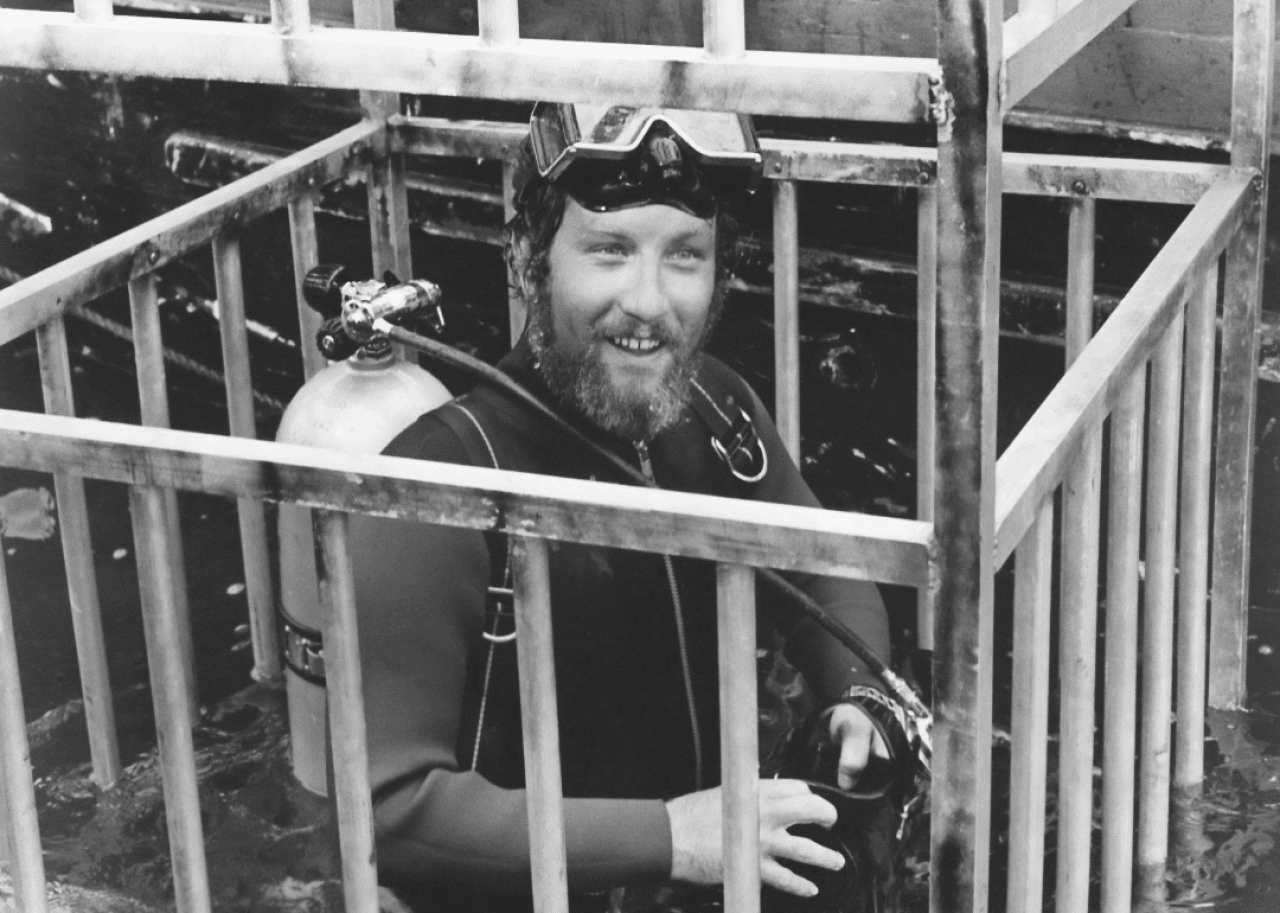
Richard Dreyfuss, 'Jaws'
The Steven Spielberg classic "Jaws" is more celebrated than ever, but the film also spawned several less well-received sequels. In the end, Roy Scheider was the only original main cast member to return for 1978's "Jaws 2." Richard Dreyfuss, who played marine biologist Hooper in the first film, chose to walk away from the franchise, telling The Hollywood Reporter in a 2014 interview, "I knew what made 'Jaws' good, and we weren't talking about Steven [Spielberg] directing [the sequel]."
His proposed salary was always a concern. "We were not bonused—not at all—and you would be embarrassed at how much they paid us," Dreyfuss added of how much he made on the first "Jaws." "I said to [producer] David [Brown], 'You could have given us Eastern Europe.' And not only did he not, but he didn't again and again."
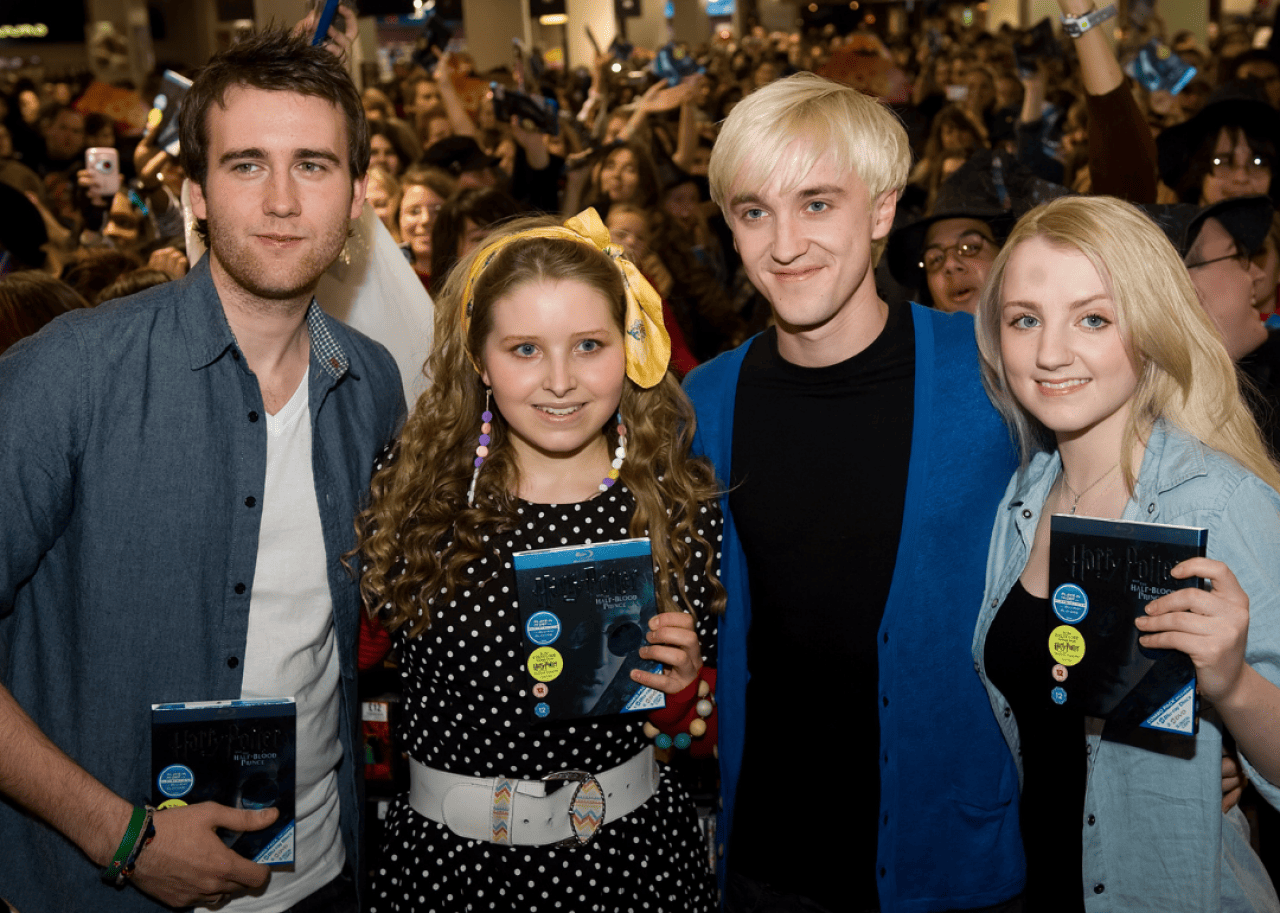
Kathleen Cauley, 'Harry Potter'
The recasting of Lavender Brown in the "Harry Potter" series is another example of a background or cameo role receiving more prominence, causing producers to cast a different actor to flesh out the part. In 2002, the character made her first appearance in "Harry Potter and the Chamber of Secrets," with Kathleen Cauley in the role. When she reappeared in 2004's "Harry Potter and the Prisoner of Azkaban," Jennifer Smith played Lavender.
The character didn't reappear until the 2009 sequel "Harry Potter and the Half-Blood Prince," where she was played by a third actor, Jessie Cave, in a much larger part as a love interest for Ron. The casting change was not without controversy, since the first two Lavenders had been Black and the new Lavender was white. No official reason has ever been given for why the switch happened.
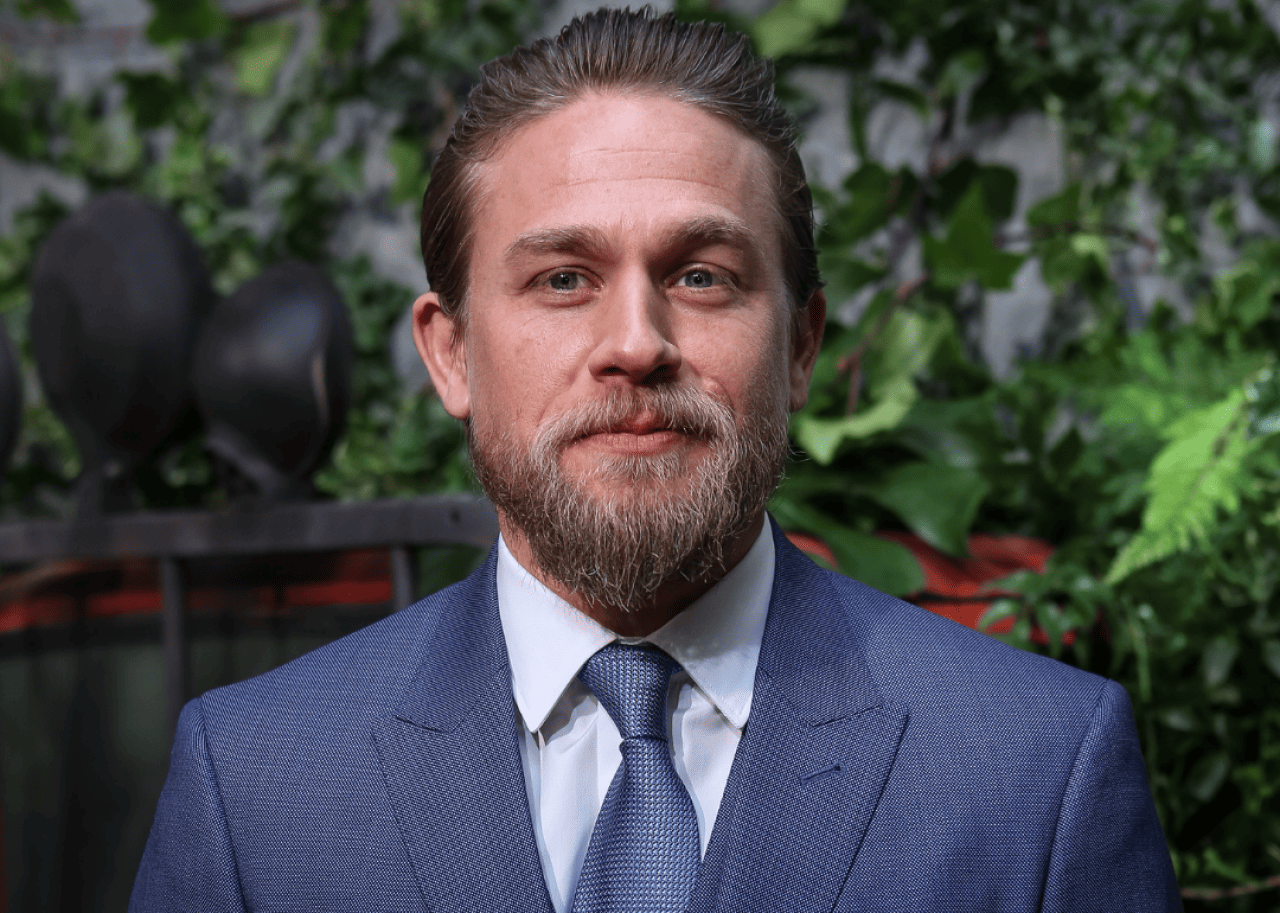
Charlie Hunnam, 'Fifty Shades'
Given the popularity of the "Fifty Shades" books, the film adaptations were hotly anticipated. Naturally, then, the casting of Charlie Hunnam as Christian Grey was headline news. But when "Fifty Shades of Grey" hit theaters in 2015, it was Jamie Dornan in the title role. In a 2015 interview with V Man (via Variety), Hunnam explained why he quit the project, describing it as his "worst professional experience." The primary reason was that he had already committed to appearing in Guillermo del Toro's "Crimson Peak," and he realized he could not make both projects work.
The situation took a heavy toll on Hunnam. "There was a lot of personal stuff going on in my life that left me on real emotional shaky ground and mentally weak," he recalled to V Man. "I just got myself so [expletive] overwhelmed and I was sort of having panic attacks about the whole thing." That said, Hunnam does not seem to regret his decision, and Dornan ended up being a great fit for the role, which he reprised in 2017's "Fifty Shades Darker" and 2018's "Fifty Shades Freed."
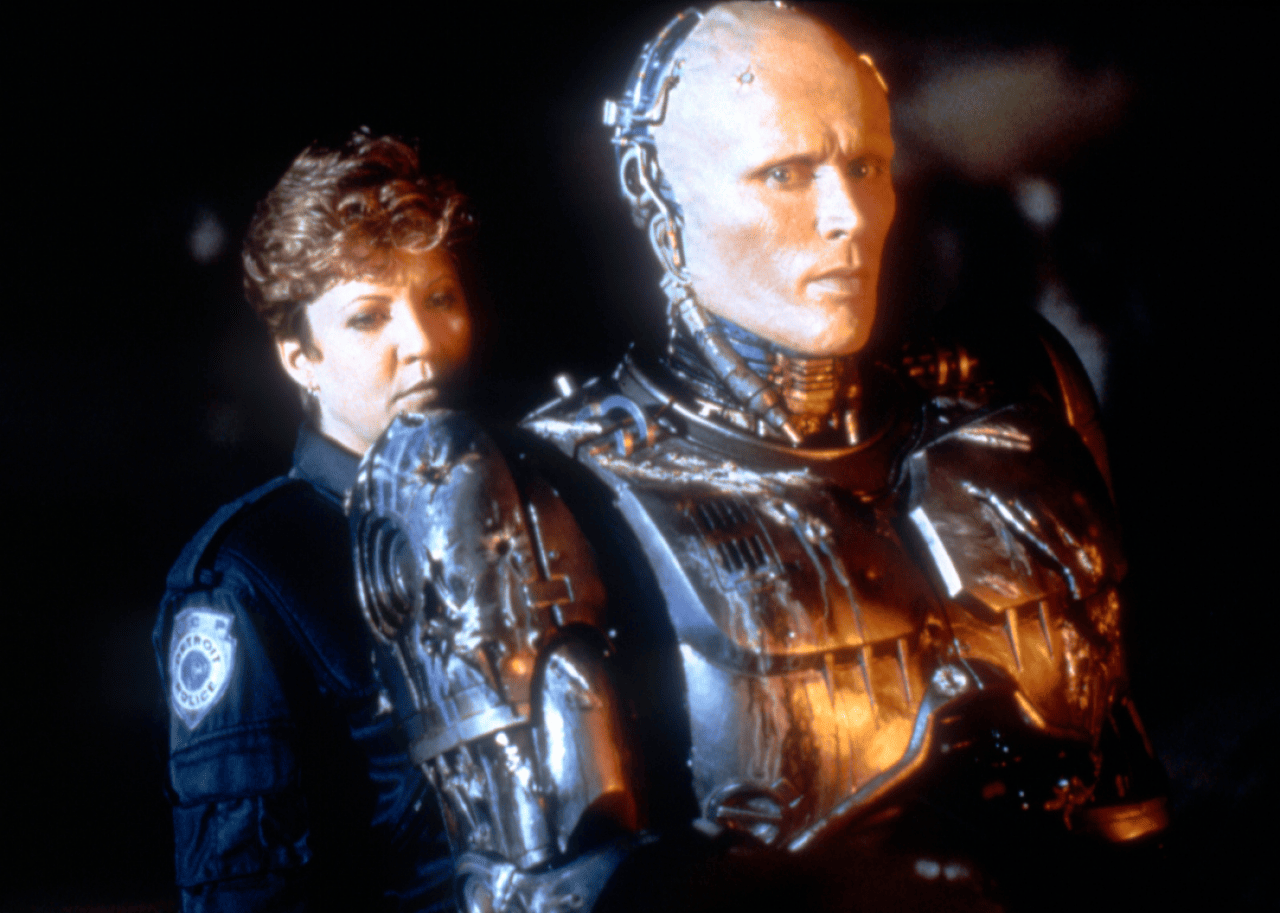
Peter Weller, 'RoboCop'
You might not recognize him under all that metal, but Peter Weller took on the title role in the original 1987 film "RoboCop" and its 1990 sequel, "RoboCop 2." However, he turned down "RoboCop 3," opting instead to appear in the David Cronenberg adaptation of "Naked Lunch." As he explained in an Associated Press interview at the time, Weller felt strongly connected to the William S. Burroughs novel and had campaigned "voraciously" to be in the movie.
It probably didn't help that Weller had been disappointed by the first sequel, telling The A.V. Club in 2013, "The script did not have the code, the spine, or the soul of the first one." "RoboCop 3" was an even bigger misfire, with the family-friendlier 1993 film earning a mere 9% on Rotten Tomatoes. Weller's replacement, Robert John Burke, was also said to be a significant step down from the original RoboCop actor.
Story editing by Cynthia Rebolledo. Copy editing by Meg Shields.



